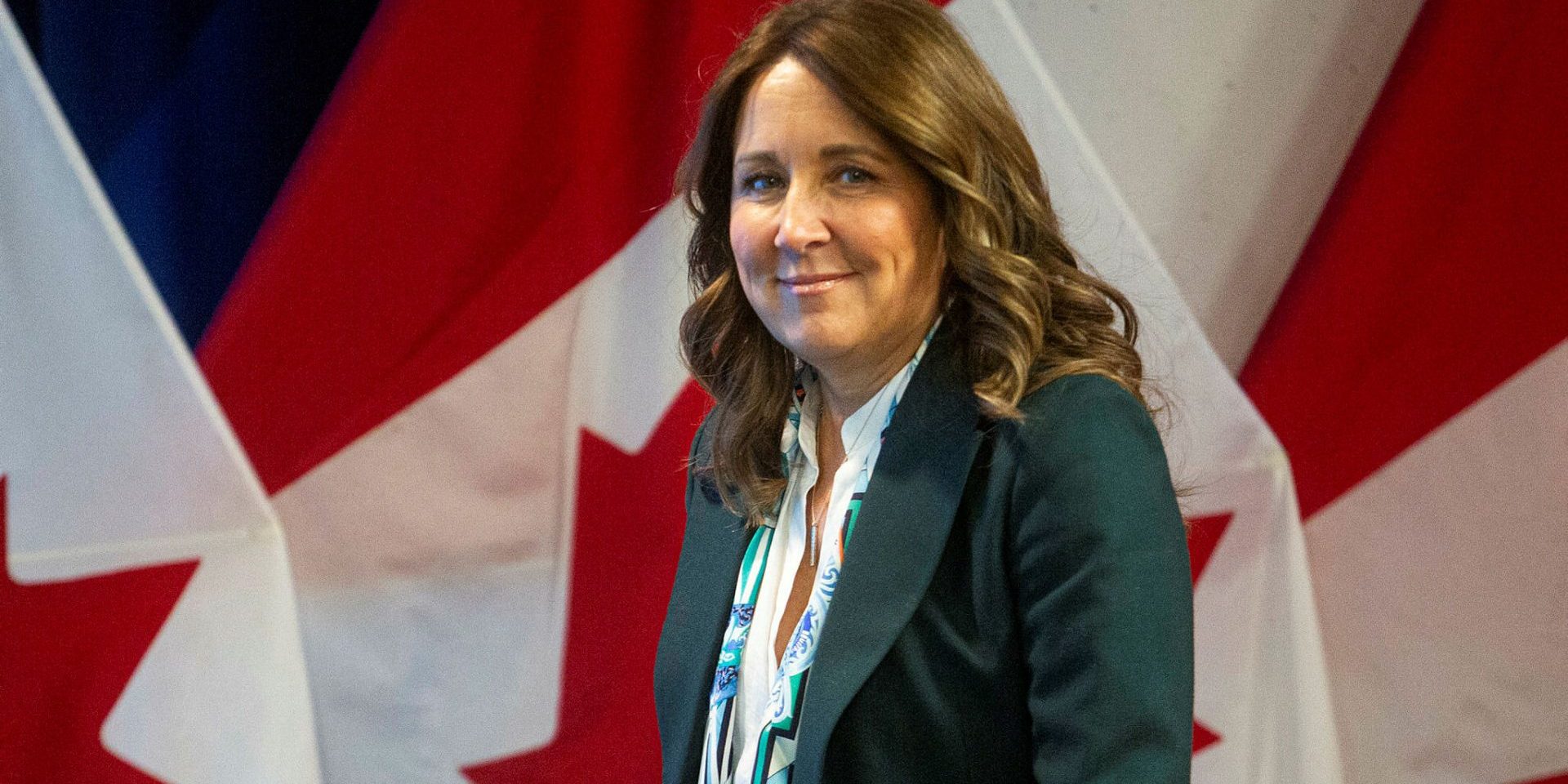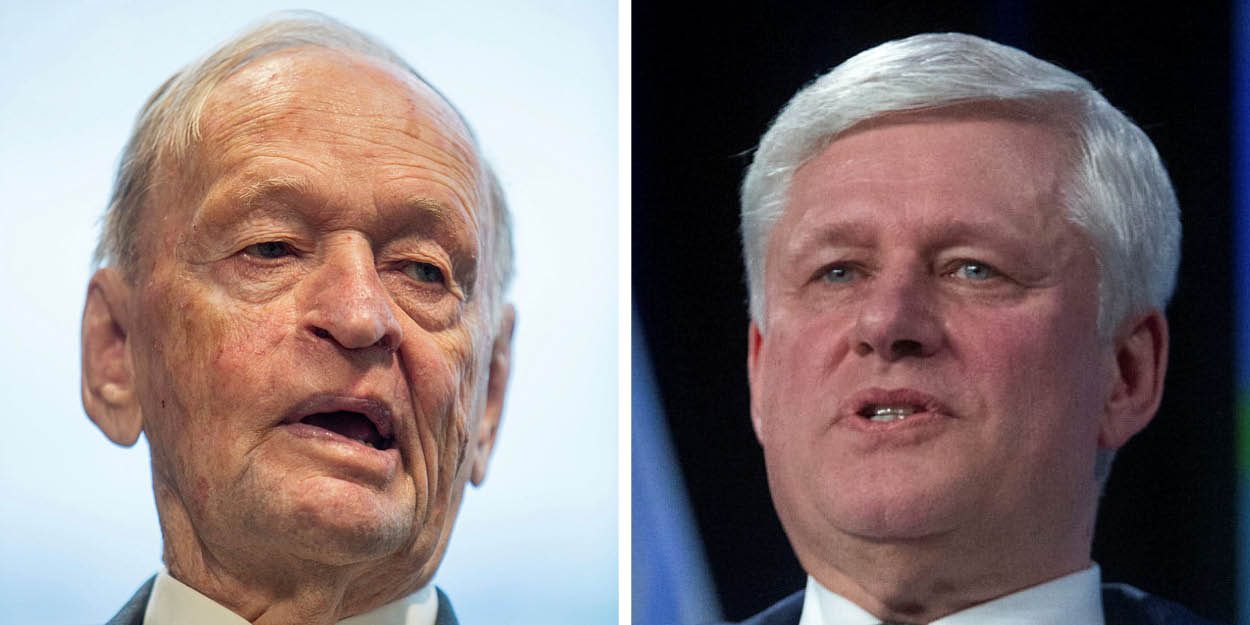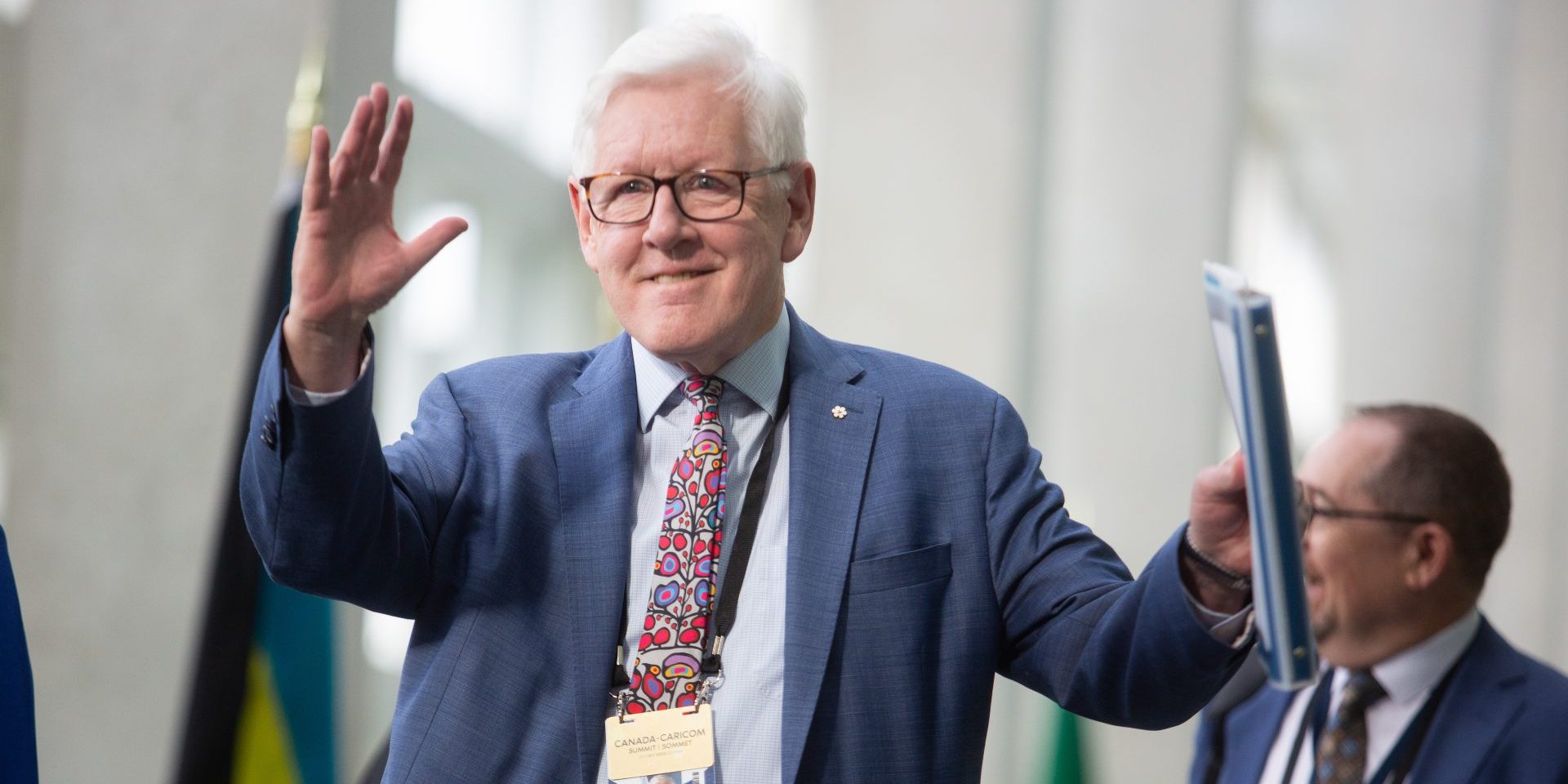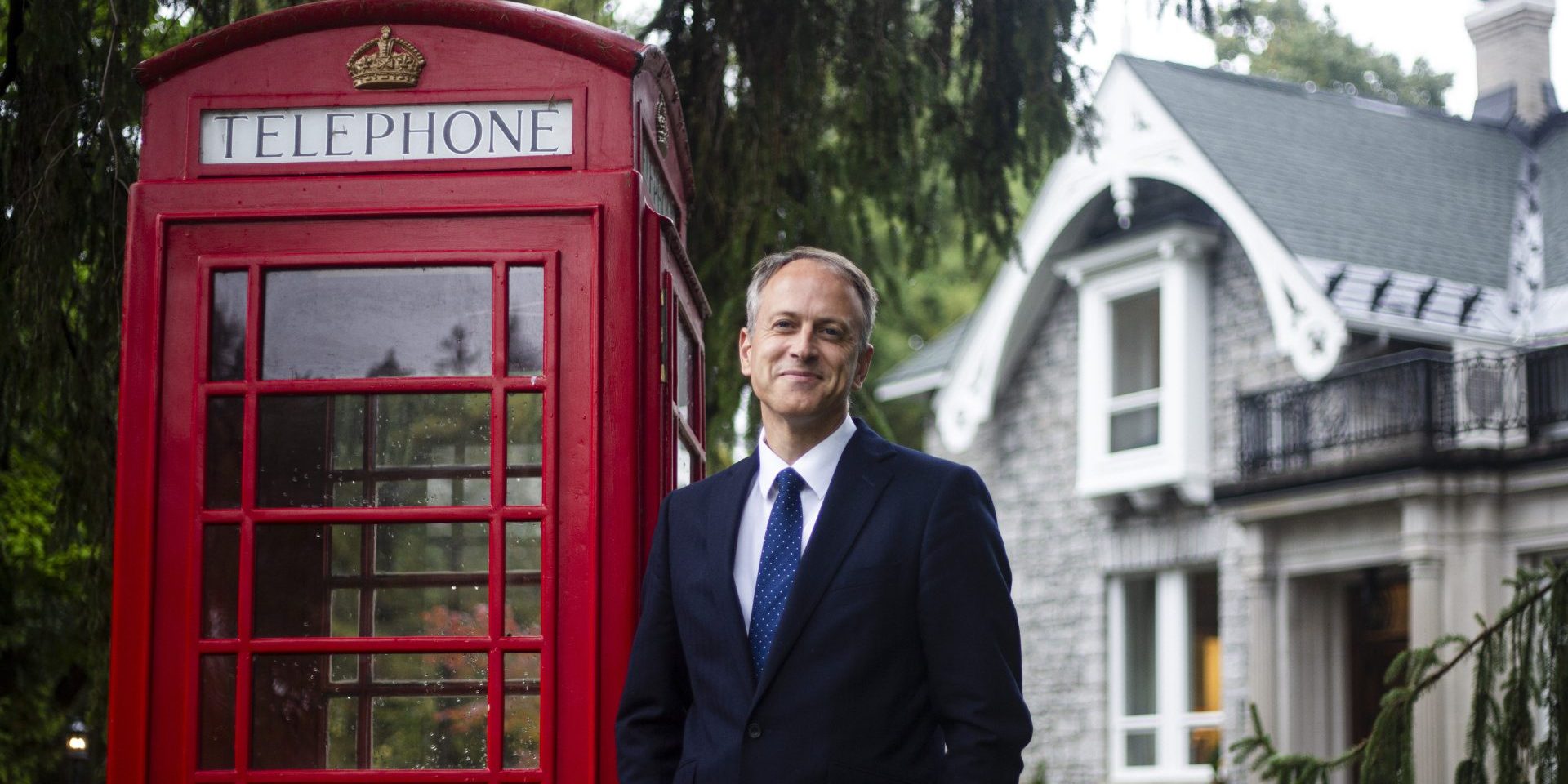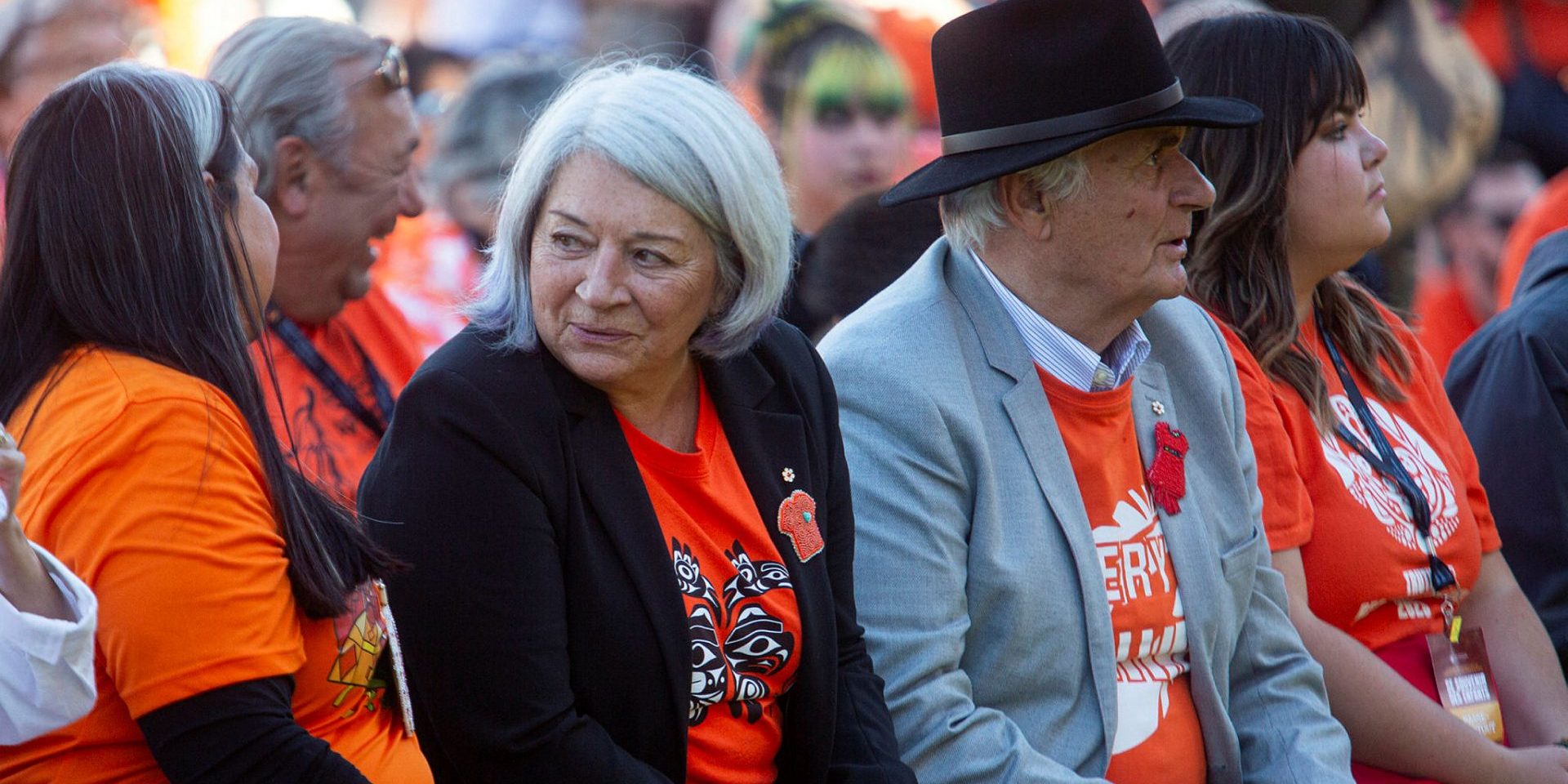All eyes on Trump: meet the top 50 foreign policy influencers navigating Canada’s role in a rocky world
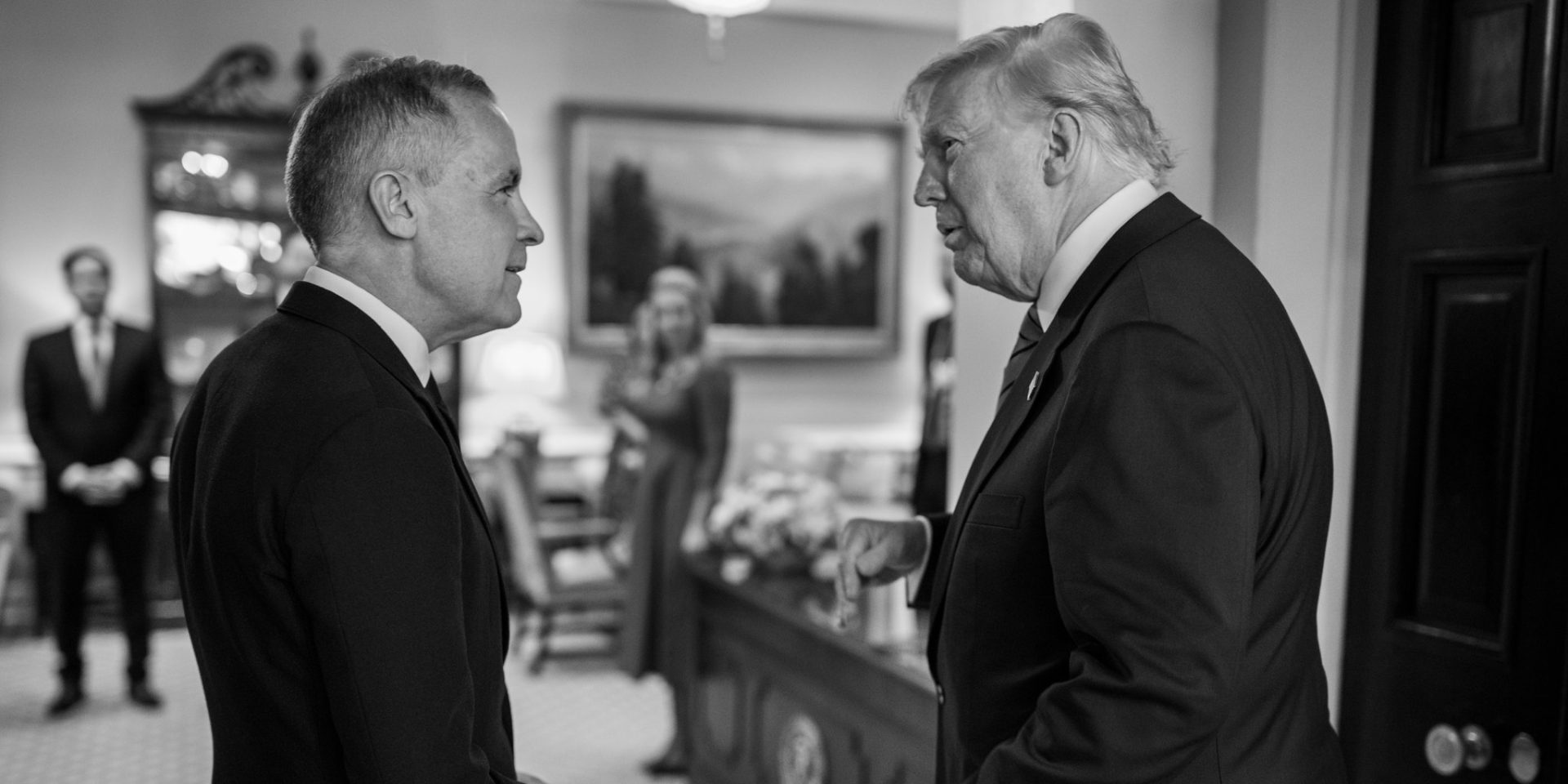
The return of United States President Donald Trump to the White House hurled Ottawa’s relationship with its southern neighbour into chaos—and with it, Canadian foreign policy—as a long-standing trading and security relationship was destabilized by Trump’s threats to annex Canada as a “51st state.”
Enter new Prime Minister Mark Carney who promised a different relationship with the U.S. While still in the early months of his government, foreign policy insiders are anticipating he will have an international legacy impact that will surpass any prime minister in recent memory.
On the eve of the most consequential G7 summit in recent memory, hosted by Canada in Kananaskis, Alta., The Hill Times offers a moment-in-time snapshot—due to the speed of the post-election government’s transition—of who is swaying the county’s direction on the world stage.
This includes cabinet ministers focused on Canada-U.S. ties, like Foreign Affairs Minister Anita Anand and Canada-U.S. Trade Minister Dominic LeBlanc; staffers looking south of the border, such as the Prime Minister’s Office’s Lisa Jørgensen; and top bureaucrats and diplomats, including Privy Council Clerk John Hannaford, and Canada’s top envoy to Washington Kirsten Hillman.
Those with influence also include people focused on international peace and security in a destabilized world—as conflicts persist in Europe and the Middle East—like G7 sherpa Cindy Termorshuizen and David Angell, the Privy Council Office’s foreign and defence policy adviser to Carney.
To compile the list of the top 50 foreign policy influencers, The Hill Times spoke with nearly 20 insiders, including current and former senior government officials, past diplomats, business leaders, analysts, and academics.
Beyond those who made the final list, a number of players also received high praise, including Global Affairs Canada’s (GAC) Alexandre Lévêque and Weldon Epp, assistant deputy ministers for Europe, Arctic, Middle East and Maghreb, and for the Indo-Pacific, respectively; Liberal MP Rob Oliphant, a longtime parliamentary secretary to the foreign affairs minister with close ties to the diplomatic community in Ottawa; NDP MP Heather McPherson, an influential critic of the government’s direction; Canada’s top diplomat in China Jennifer May, who received praise for managing an arduous posting; University of Ottawa professor Roland Paris and University of Toronto professor Janice Stein, who both offer reliable perspectives; and Ukrainian Ambassador to Canada Yuliya Kovaliv, who continues to be applauded for her tenacity.
The list is presented by category in no specific order.
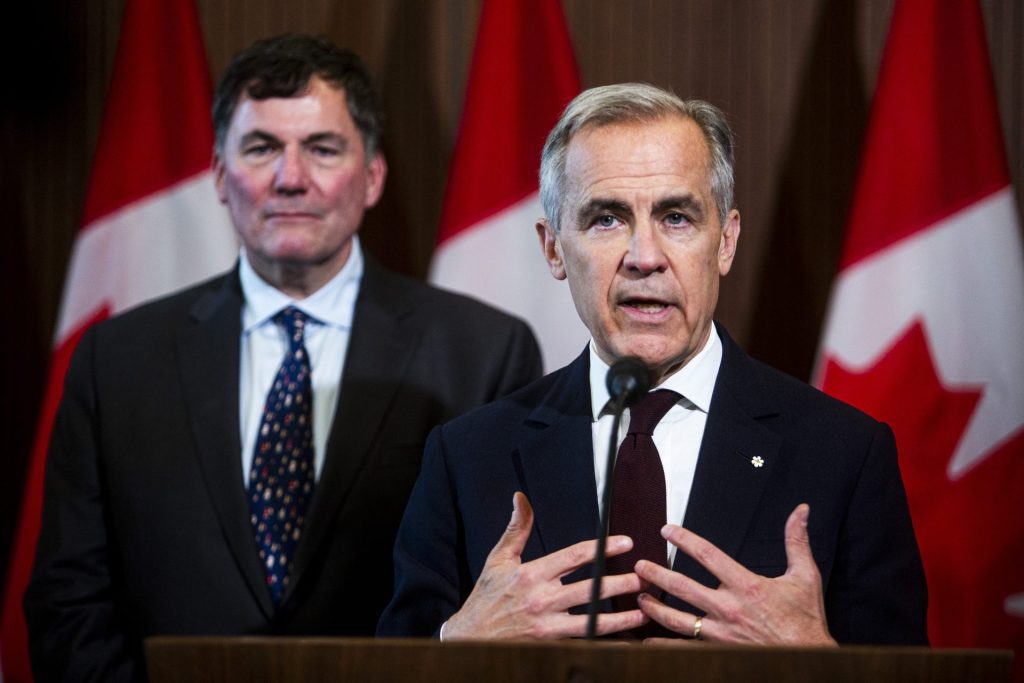
Politicians
Mark Carney, prime minister
During his early days as prime minister, Mark Carney has already reshaped Canada’s foreign policy and repositioned it in response to Trump’s belligerence. Since taking office this past March, Carney has adopted a more prominent and “disciplined” approach to international relations than his predecessor, Justin Trudeau, especially regarding engagement with Americans, according to sources who spoke with The Hill Times.
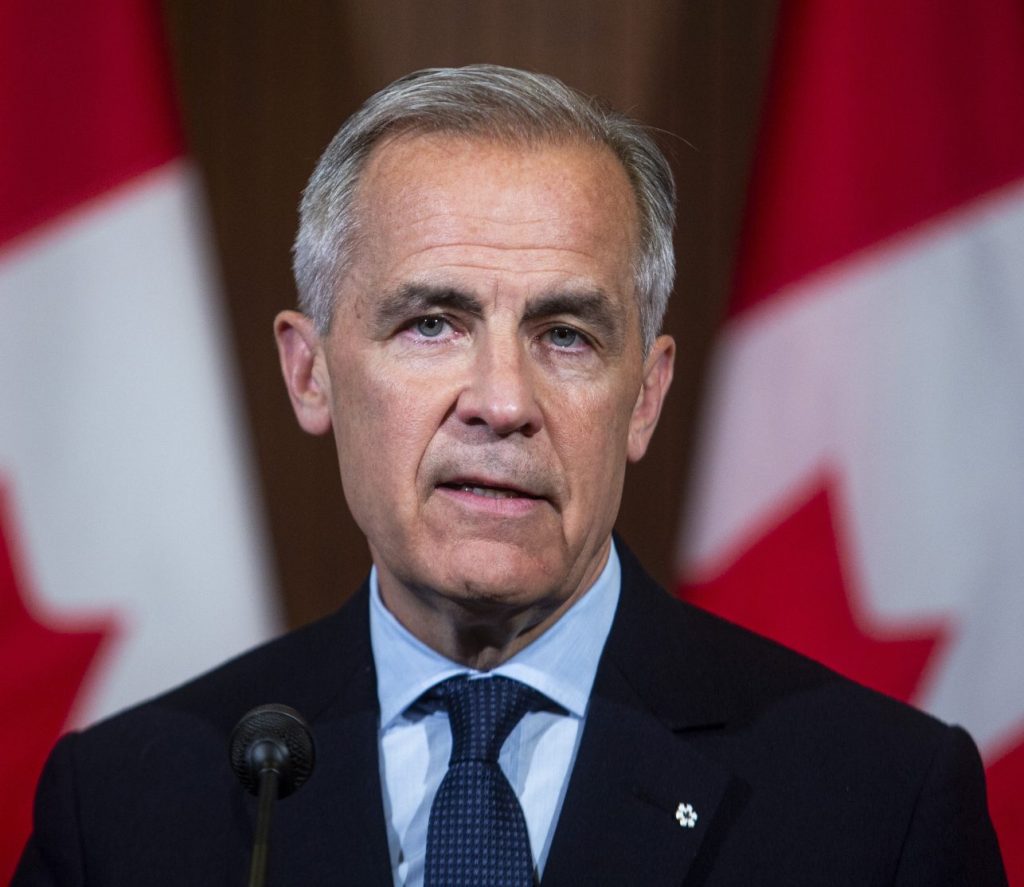
One academic with expertise in foreign policy said Carney has taken “a very keen, substantive interest in foreign policy,” in contrast to Trudeau’s “virtue-signalling” approach. The academic lauded the former’s early efforts to improve relationships during his trips to France, the U.S., and Italy.
Within government, Carney is viewed as likely to become the most impactful prime minister on the international scene in recent memory.
A second academic observed that Carney, who governed both Canada and England’s central banks before chairing the board of a global investment firm, entered politics with a “considerable array of international contacts that he can call upon,” independent of anyone else in government or within the PMO.
“Carney is the best-connected prime minister since possibly Lester B. Pearson,” the source said. “He understands the mechanics of international affairs, so you can give him the master’s level briefing, if not PhD level, because he has one of those, too.”
Anita Anand, foreign affairs minister
As GAC’s lead minister, Anita Anand brings a steady hand and international experience to the file. Her recent appointment was cheered by Ukrainian officials, as well as members of NATO’s Eastern Flank—a region she has worked with in her past role as defence minister.
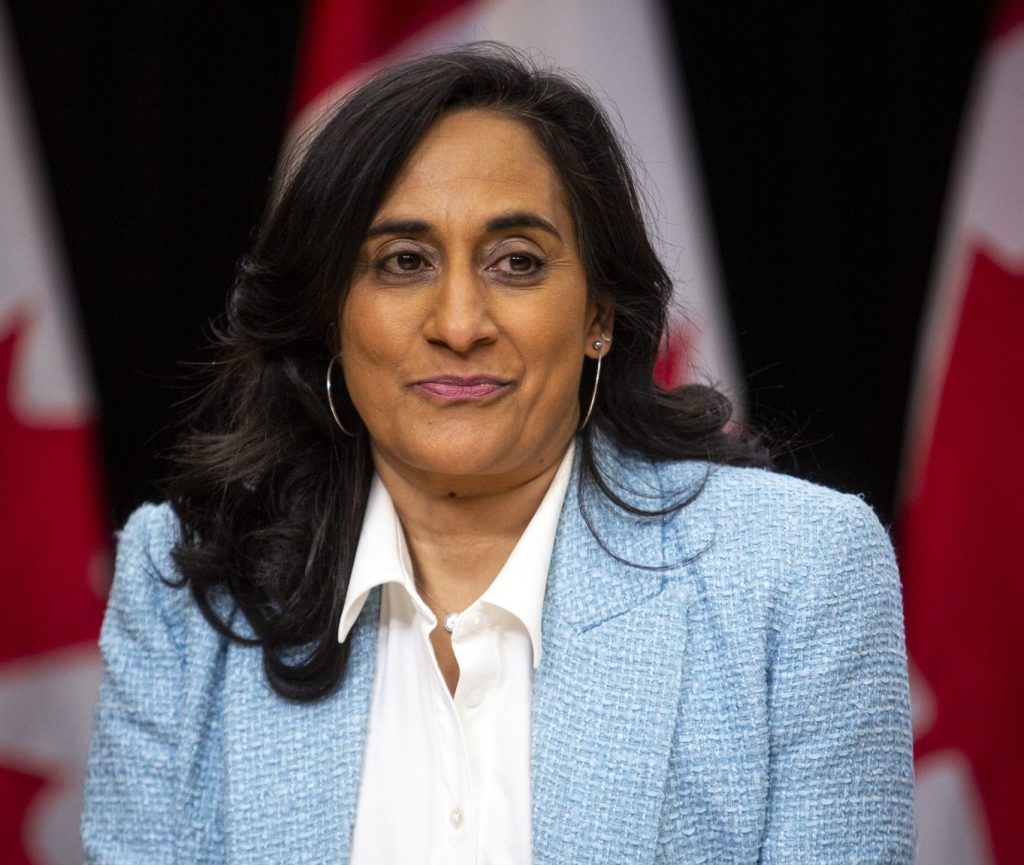
Unlike that past role, Anand will have to manage a department that is in the process of budget cuts, instead of accelerated growth. At the same time, she finds herself in the middle of an increasingly disruptive world order, with fewer allies to rely on than Canada enjoyed in the past. Stickhandling relationships with the U.S., China, and India will be top of mind. She will also have to build up her global Rolodex to match the connections left by her predecessor, Mélanie Joly. She also has responsibility for international development as global foreign aid contributions are drying up.
Dominic LeBlanc, Canada-U.S. trade, intergovernmental affairs and one Canadian economy minister
Aside from Carney, Dominic LeBlanc is Canada’s most important voice in its relationship with the Trump administration. “Every ounce of progress—whether large or small—that Canada’s been able to make with the United States has Dominic LeBlanc’s hands in it,” said a former senior government official.
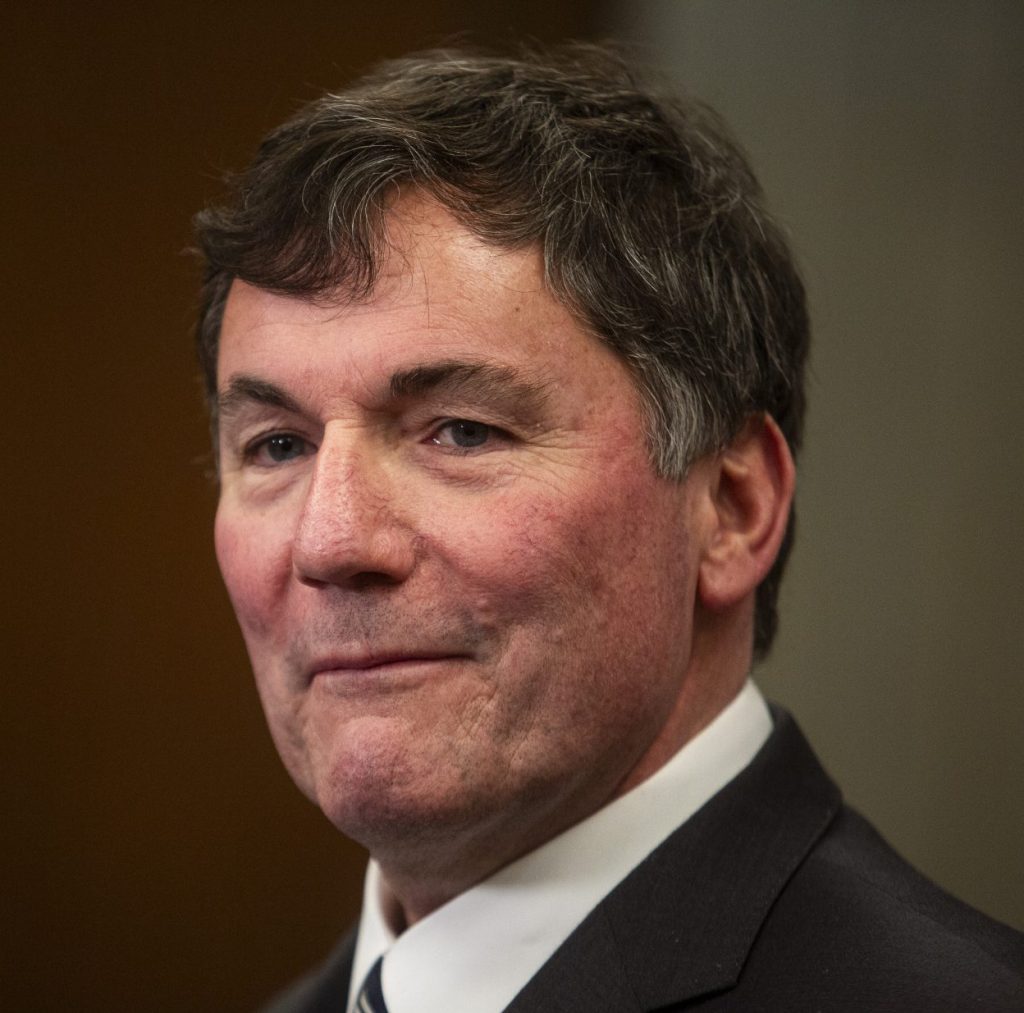
LeBlanc represents consistency between the Trudeau and Carney governments in dealing with Trump—he was at Mar-a-Lago for Trudeau’s meeting with Trump last November, and was by Carney’s side in the Oval Office in May. Described as a “savvy operator,” LeBlanc knows how relationships work. “He’s one of those communicators who is able to both make you laugh, put you at ease, but also give you bad news or take a tough position, but all at the same time,” the source said. He is described as being the right fit as someone that the U.S. likes to deal with given his straightforward nature.
David McGuinty, defence minister
The feds will look to David McGuinty to fast-track chronic underfunding of Canada’s defence establishment, another fixture in the Canada-U.S. relationship. He built links inside the U.S. through his past work as public safety minister, for which he was given credit for accelerating bilateral co-operation on the border. He has also been described as a steady pair of hands.
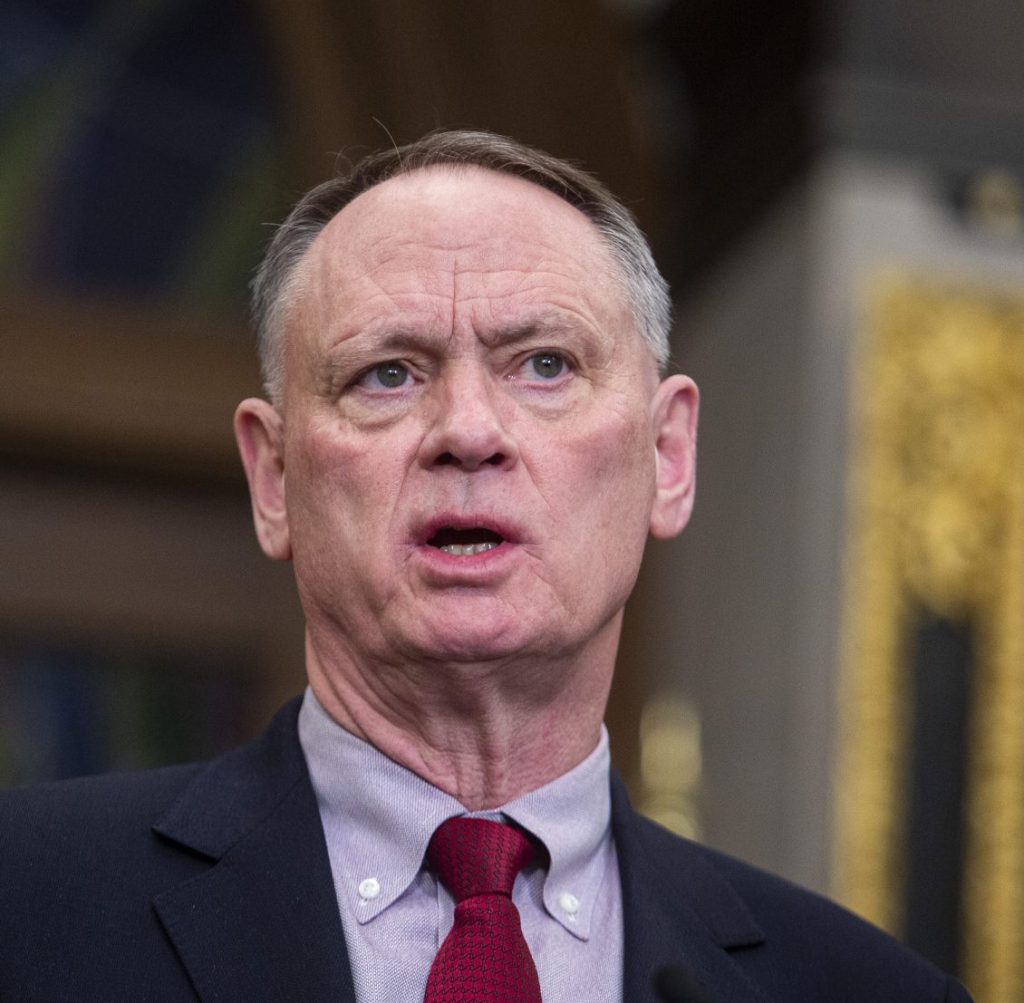
One defence expert said McGuinty has been “very influential” in shaping Canada-U.S. relations over the last four months. Prior to Trump’s return to the White House, Canada faced global criticism for being laggards falling well short of the NATO defence spending mark of two per cent of GDP as the American president has championed more than doubling the target. The challenge for McGuinty will be whether Canada can spend new money fast enough even if it is available.
François-Philippe Champagne, finance minister
While it may keep him closer to home, François-Philippe Champagne‘s newest role as custodian of the nation’s finances will keep him central to Carney’s foreign policy.
“Foreign policy will be a heavily economic agenda under Carney,” a senior Liberal staffer told The Hill Times.
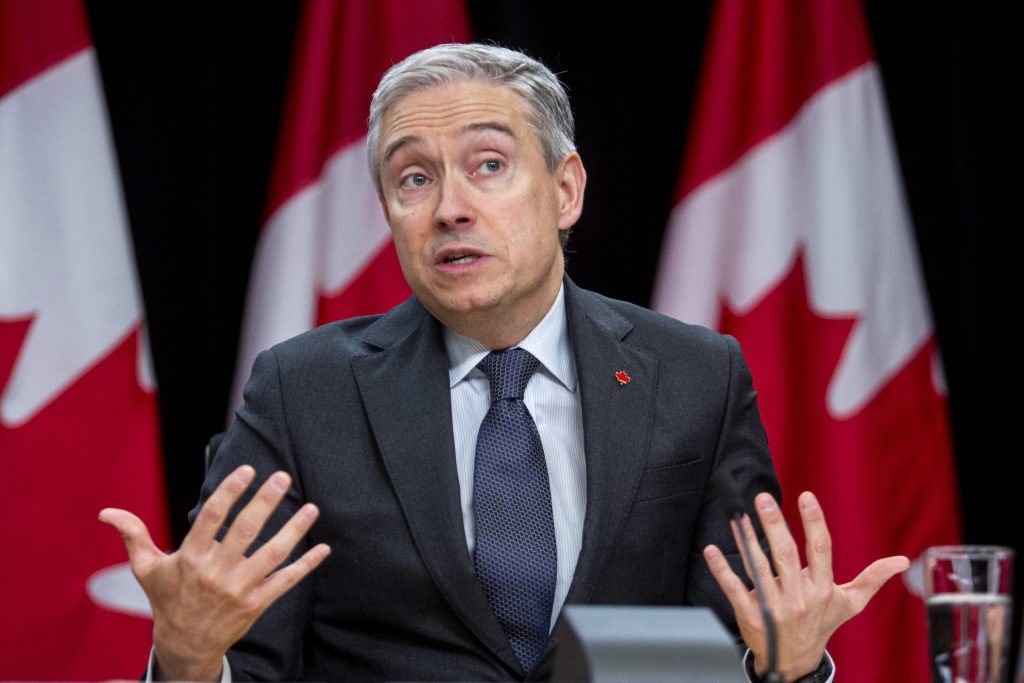
Champagne, the high-energy former industry minister who previously served as the minister of foreign affairs and international trade, was praised last year for his efforts in attracting foreign direct investment to Canada. He will undoubtedly have his hands full with similar responsibilities now that he’s finance minister.
Additionally, one academic told The Hill Times that Champagne’s previous globetrotting and international connections—especially in Asia—will be particularly beneficial as Canada hosts the G7 Summit this month.
Mélanie Joly, industry minister
Taking over from Champagne, Industry Minister Mélanie Joly is expected to continue to play a significant role in shaping Canada’s foreign policy. Before being shuffled into her new role, Joly led several engagements with European and U.S. allies, including serving as Canada’s representative at the G7 Foreign Ministers’ meeting in Charlevoix, Que., in March. She was also one of three ministers, alongside LeBlanc and McGuinty, who accompanied Carney during his visit to the White House in May.
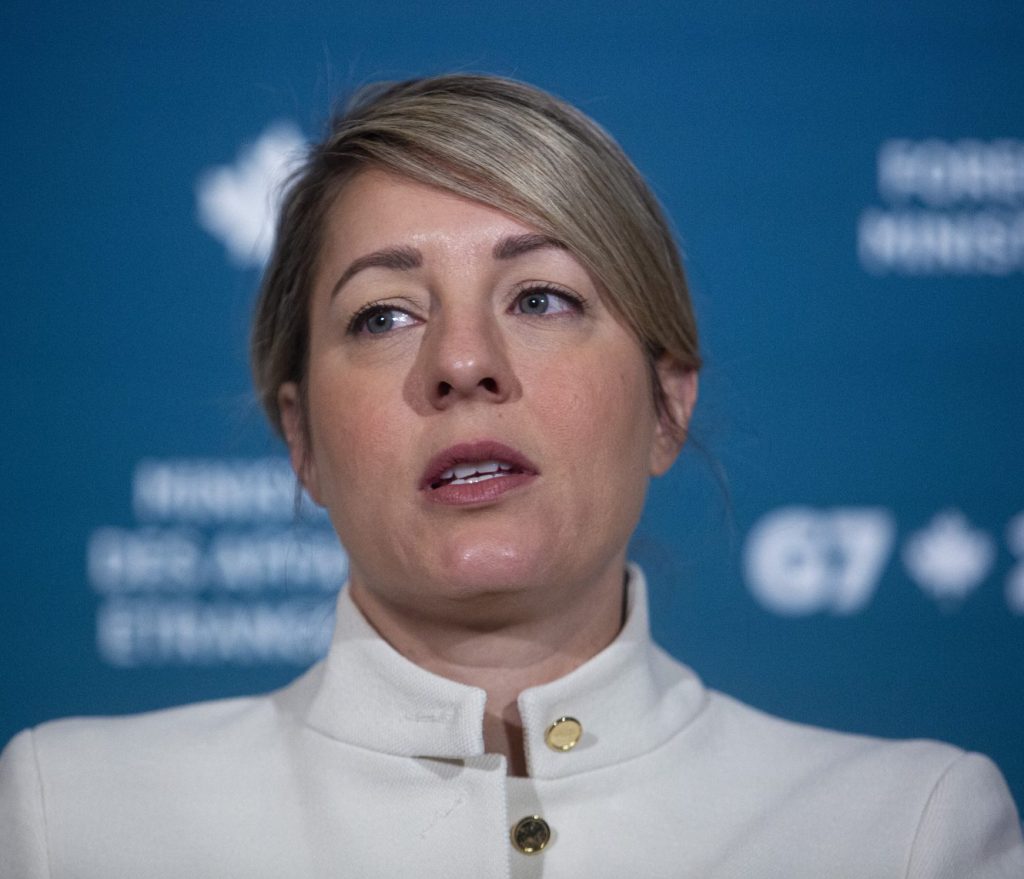
Joly’s international contacts, especially those in the U.S. Congress and Indo-Pacific region, will be vital in her new role. Her responsibilities will still include a considerable international component, just as they did under Champagne.
“With all of the pressure on the automotive industry and foreign businesses pressing pause on investing in Canada, [industry] is going to be a significantly international portfolio,” one academic told The Hill Times.
Maninder Sidhu, international trade minister
A new face in cabinet, Maninder Sidhu has been around the trade file since 2023 as parliamentary secretary. As LeBlanc manages Canada-U.S. trade, he will be responsible for everything else, including Carney’s hopes for increased East-West diversification.
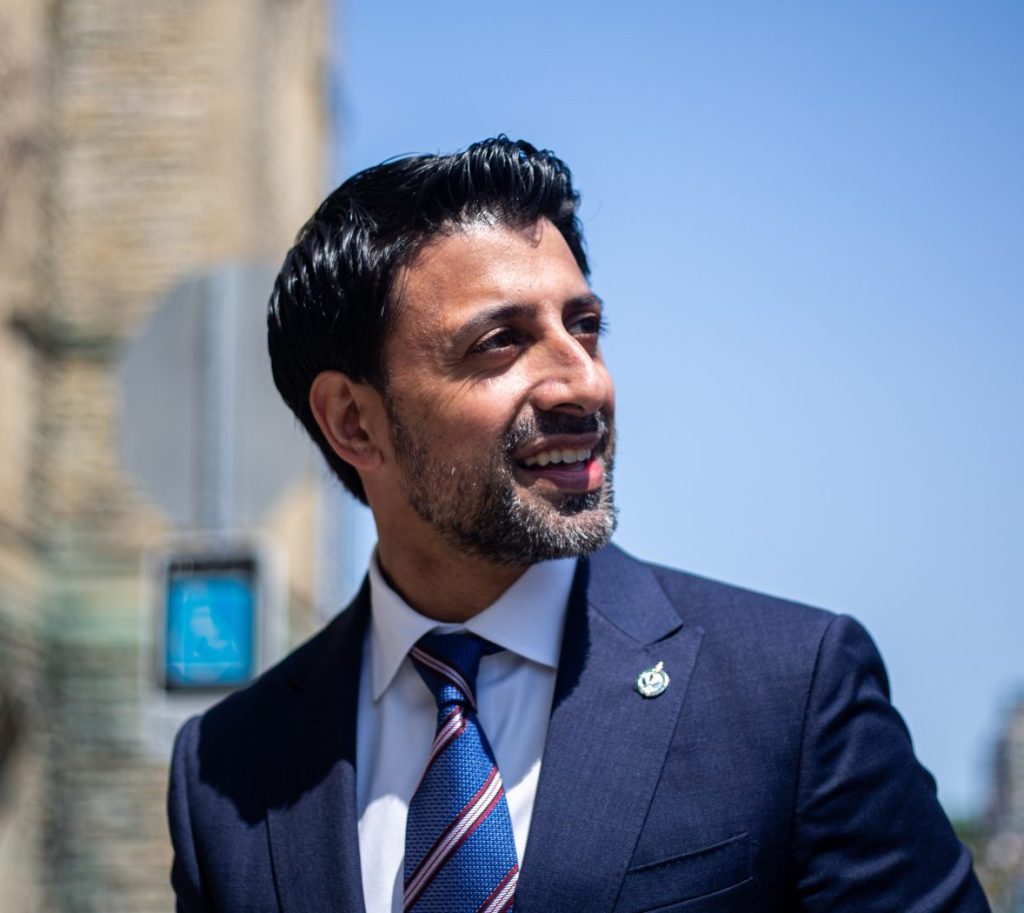
In his early days in the post, Sidhu has brought together his G7 counterparts for meetings in Paris, as well as journeyed to Ecuador. With trade deals all but released with Ecuador and Indonesia, Sidhu will have an early test to stickhandle implementation bills through Parliament. Beyond trade negotiations, an important part of his role will be to help Canadian businesses pivot to new markets and mitigate the country’s dependency on exporting to the U.S.
Michael Chong, Conservative foreign affairs critic
The Conservative point-man on foreign policy, Michael Chong is the official opposition’s leading voice holding the Liberals’ feet to the fire on the government’s response to issues related to foreign interference and Canada’s relationship with the government of China. Yet, while Chong’s name is the one most often attached to the party’s official statements related to the issue, sources also noted the influence of other caucus members on specific issues, including Conservative deputy leader Melissa Lantsman regarding the Israel-Hamas war, and MP Randy Hoback for his leadership on the Canada-U.S. Inter-Parliamentary Group.
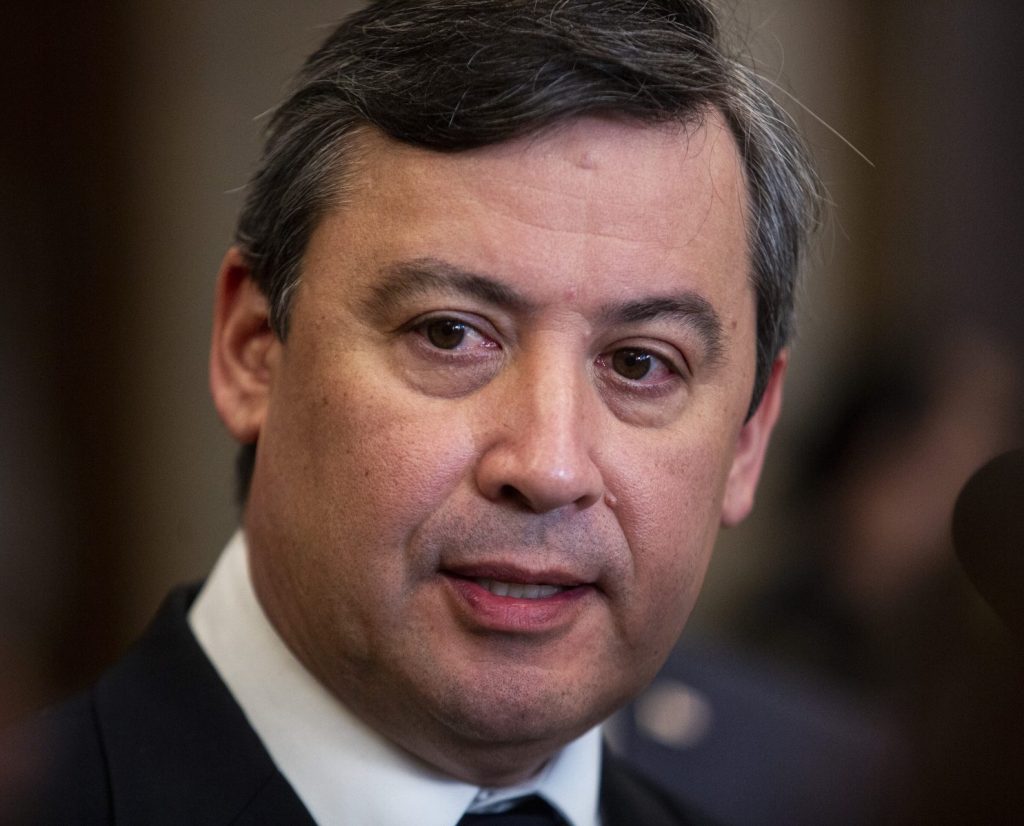
Flavio Volpe, the president of the Automotive Parts Manufacturers Association of Canada, said that Conservative opposition voices like Chong and Hoback are “very useful” in influencing debate in a “highly partisan” Washington.
Peter Boehm and Peter Harder, Senators
Former GAC senior officials, Independent Senator Peter Boehm and Progressive Senator Peter Harder bring international experience and institutional memory to the Red Chamber. While some Senators have pet issues on the global file, these two Senators look at the broader picture of Canada’s international landscape and policy development. Boehm is a former G7 sherpa, a past ambassador to Germany, and deputy minister of international development, while Harder served as the top bureaucrat at GAC.
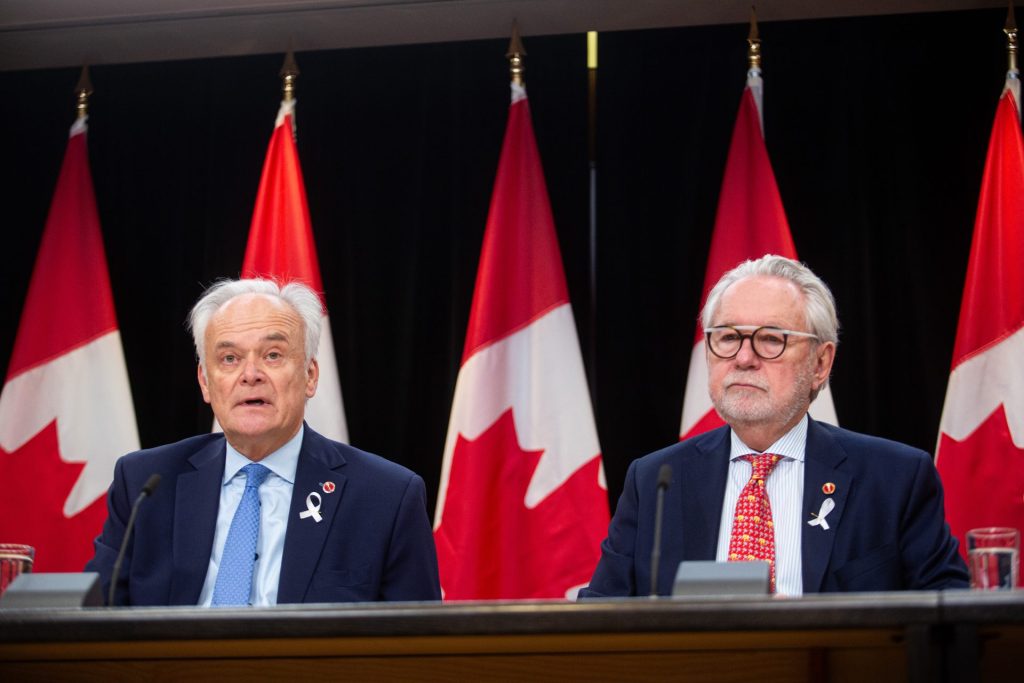
Both are sought out for their counsel by the government. The chair and vice-chair, respectively, of the Senate Foreign Affairs and International Trade Committee in the last Parliament, Boehm and Harder blunted a bill to ban supply management concessions in trade negotiations that was politically popular, but heavily criticized in trade circles. “That was really about Canada’s stature in the rest of the world, and our ability to negotiate with the rest of the world,” said a former senior government source.
Doug Ford, Ontario premier
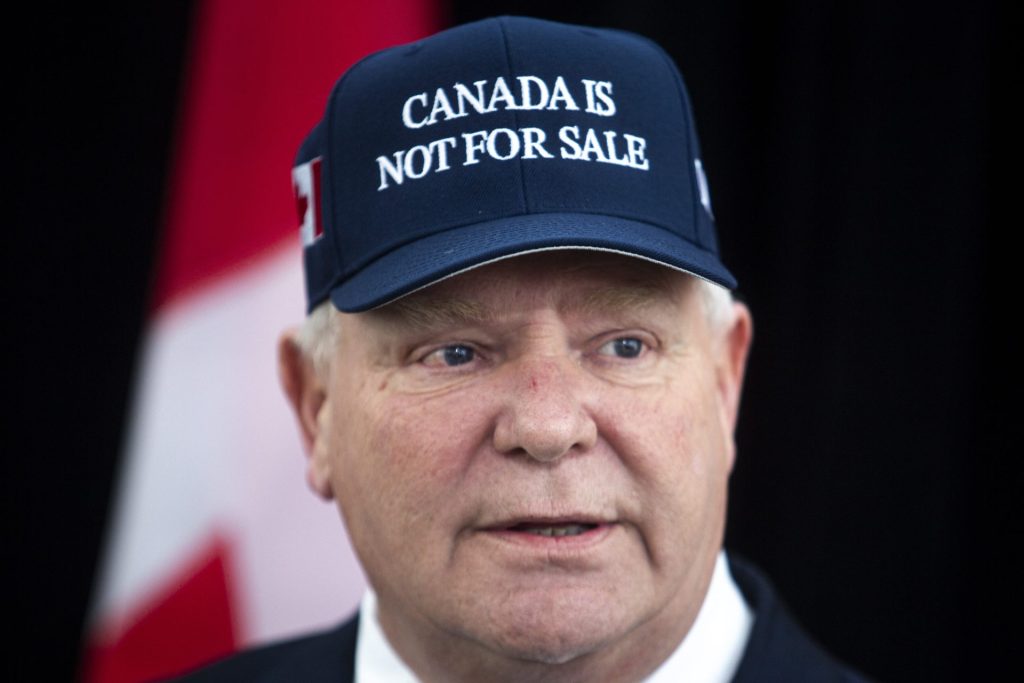
Dubbed “Captain Canada,” Ontario Premier Doug Ford has played “a critical role as a catalyst” in uniting the premiers and federal government to Trump’s tariff and annexation threats and defending Canada’s interests.
“Ford has been influential in getting the federal government to respond to Canadian sentiment, and galvanizing Canadians around this new world order shaping up around the leanings of the White House,” Volpe told The Hill Times.
As exemplified by his blue “Canada is not for sale” baseball cap, Ford has presented himself as a uniquely Canadian counterbalance to Trump’s protectionism. Ford has been highly engaged in his advocacy for the “fortress Can-Am” message for audiences on both sides of the border, making regular appearances on American news broadcasts, from Fox News to CNN and MSNBC.
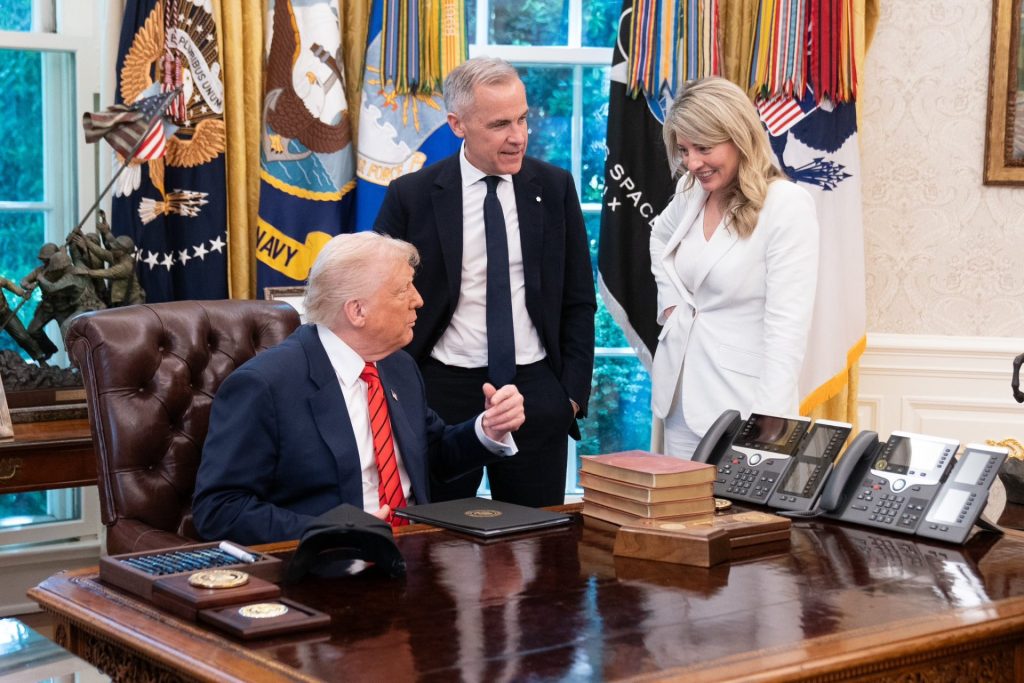
Staffers
Lisa Jørgensen, PMO senior adviser for Canada-U.S. relations
The chief political adviser in the PMO on all things Canada-U.S., Lisa Jørgensen has since taken on a broader foreign policy portfolio. With a background in law, she has previously served as chief of staff to the justice and public safety ministers. Believed to have taken on a permanent role in Carney’s PMO, she is noted for her involvement with both tactics and strategy when dealing with Canada’s unpredictable southern neighbour.
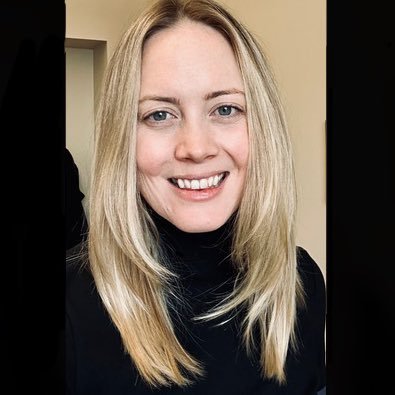
She is also noted for her mastery of the details on a quick-changing file. “Lisa Jørgensen has the most important job in government,” a former senior official said. One business leader called her a “pivotal figure in the PMO,” involved in all conversations and engagement between the PMO and White House. Her wider foreign policy docket includes national security and defence, as well as NATO and G7 matters.
Scott Gilmore, PMO senior foreign and defence policy adviser
A former diplomat, Scott Gilmore was brought into the PMO to provide stability in the early days in the Carney government amid the departure of a band of senior staffers who had their fingerprints on the international file for years. While he may not be a permanent fixture in the PMO, Gilmore has Carney’s trust and has driven some big international transformations, including what was seen in the Throne Speech, with a new direction for Canada in its relationship with the U.S. and the world.
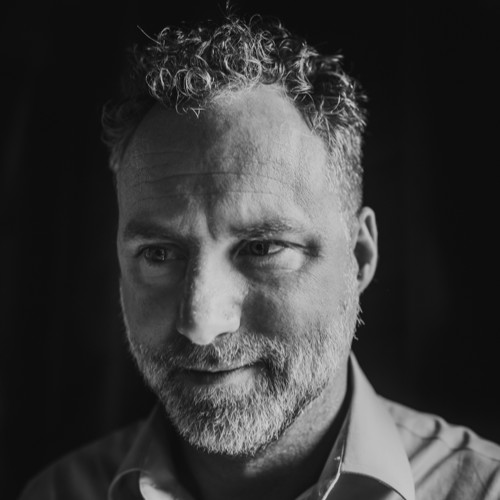
While he may lack the institutional memory of his predecessor in the role, Patrick Travers, who was in the PMO from 2016 until he left earlier this year, Gilmore has deep connections in Ottawa and around the globe.
Oz Jungic, PMO senior policy adviser
Becoming an increasingly experienced hand, Oz Jungic is another carryover from the Trudeau to the Carney PMO. He’s described as a “pair of safe hands” with the most “depth and experience” among staffers, having served in senior policy adviser roles in the defence and foreign ministers offices before joining the PMO in 2021.
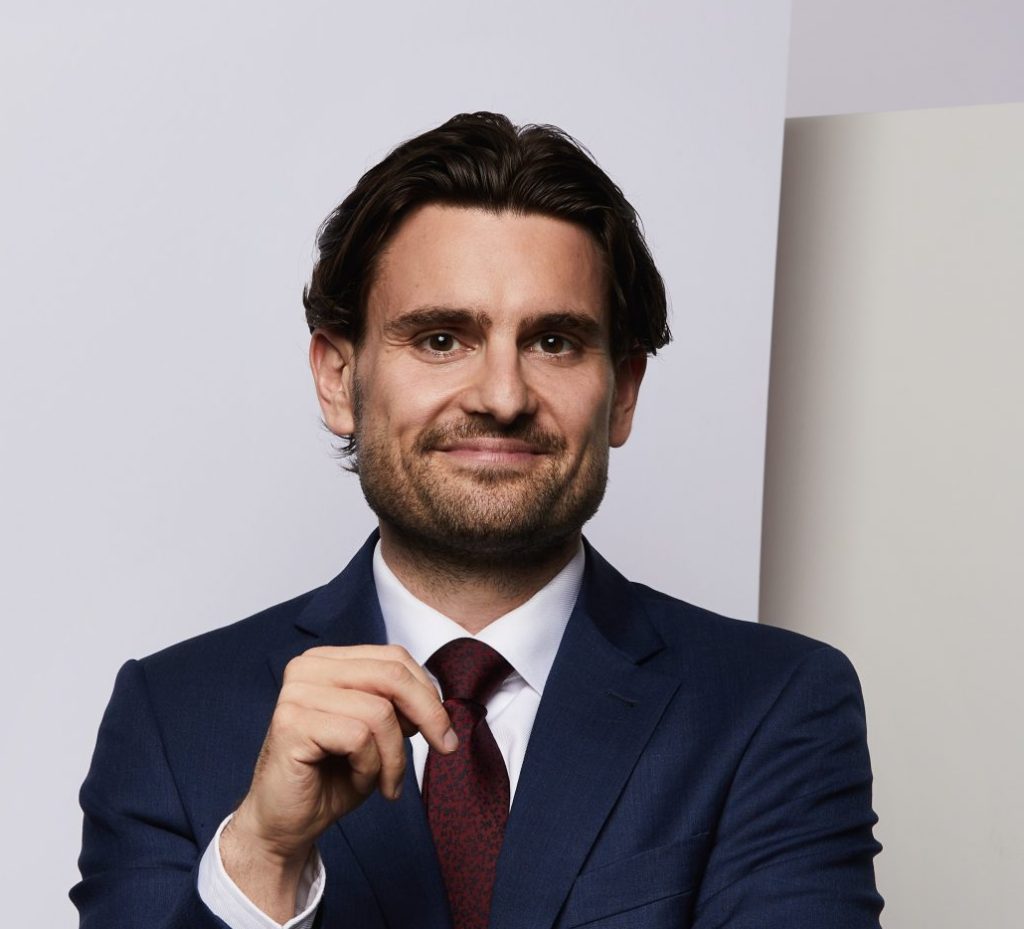
He has solid links with the diplomatic community in Ottawa, as well as with stakeholders. Like Carney, Jungic holds a doctorate from Oxford University.
Marco Mendicino/Marc-André Blanchard, outgoing and incoming PMO chief of staff
While it remains to be seen whether Carney’s newly named permanent chief of staff, former United Nations Ambassador Marc-André Blanchard, will be as influential as Katie Telford was in Trudeau’s PMO, he will nonetheless be in every meeting and the last person in the room when Carney speaks with foreign leaders.
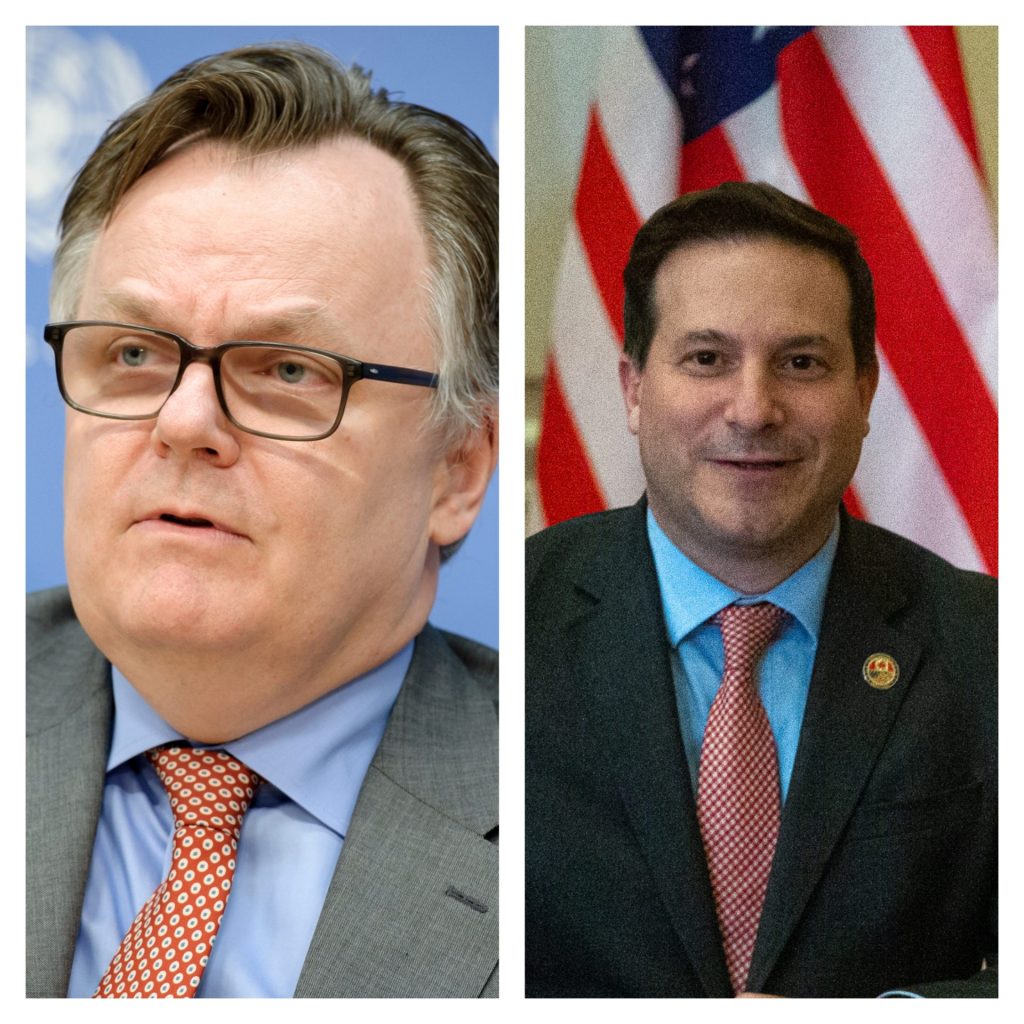
Blanchard will begin his tenure next month, taking over from Carney’s current interim chief, former public safety minister Marco Mendicino, who took on the role after Carney became Liberal leader in March. Mendocino also accompanied Carney on his visit to the White House.
Tom Pitfield/David Lametti, outgoing and incoming PMO principal secretary
Like Carney’s chief of staff, the PMO’s outgoing and (reported) incoming principal secretaries, Tom Pitfield and David Lametti, respectively, draw their influence from their proximity to the prime minister.
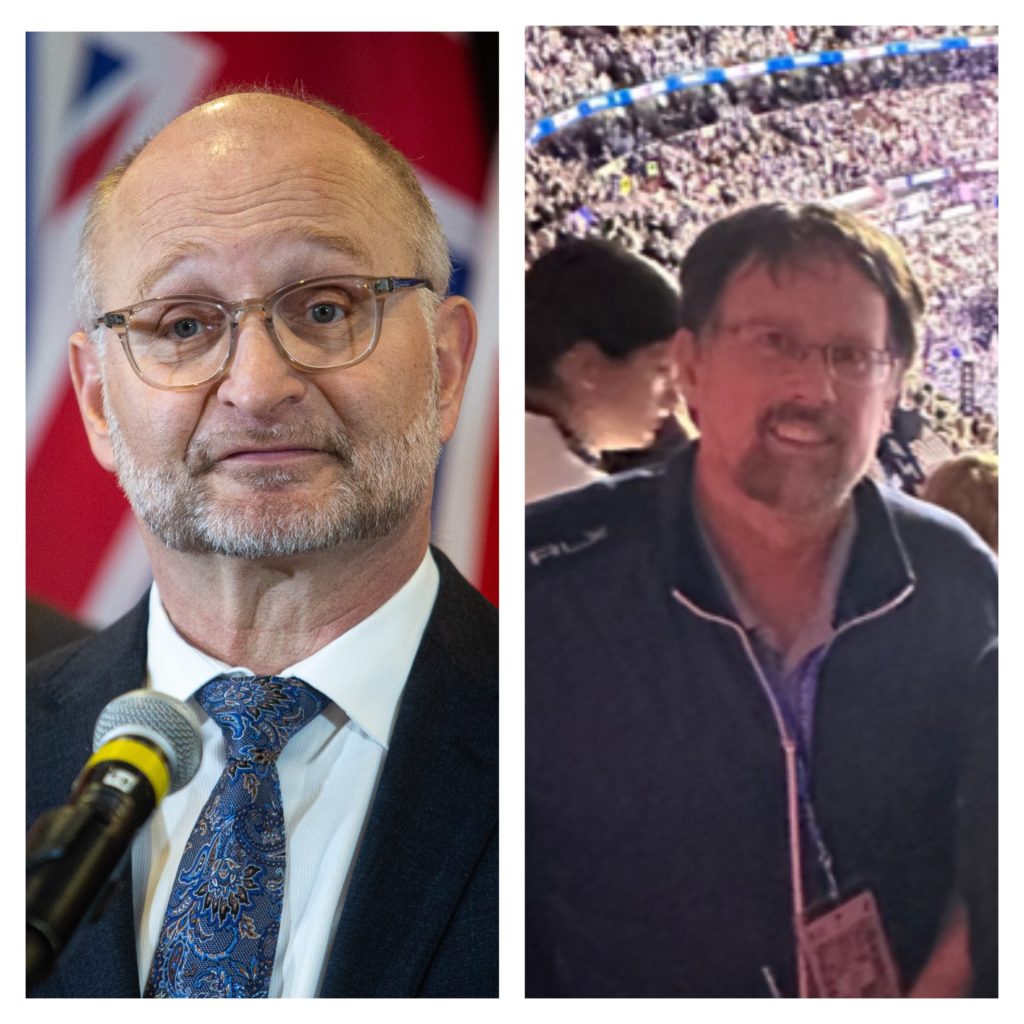
Fittingly, Carney is replacing a lifelong friend of Trudeau with one of his own, as Lametti is also a former Oxford University alumnus and played a key role in Carney’s leadership campaign and transition into government, including advising on cabinet appointments. Pitfield—a former CEO of Data Sciences, the firm behind Liberalist, the party’s voter outreach tool—served as the party’s executive campaign director and chief strategist in the last federal election.
Taras Zalusky, chief of staff to the foreign affairs minister
Hill Times sources say Taras Zalusky is set to take on the post, and he’ll have automatic influence leading GAC’s top minister’s office. He previously worked with Anand for a spell in the defence minister’s office before Anand took over a new cabinet post. Zalusky continued in the role with then-defence minister Bill Blair until the recent cabinet shuffle.

A longtime Liberal staffer, he was a chief of staff during the governments of Jean Chrétien and Paul Martin. He also brings considerable insight on Ukraine as a former CEO and executive director of the Ukrainian Canadian Congress from 2011 to 2016.
Brandan Rowe, chief of staff to the Canada-U.S. trade, intergovernmental affairs and one Canadian economy minister
LeBlanc’s right-hand man, Brandan Rowe’s influence on the foreign file comes from his boss’ all encompassing hand on the Canada-U.S. file. He has a long tenure with LeBlanc, having been in his office since 2018 and his chief of staff since last year—a role he continued following the cabinet shuffle.
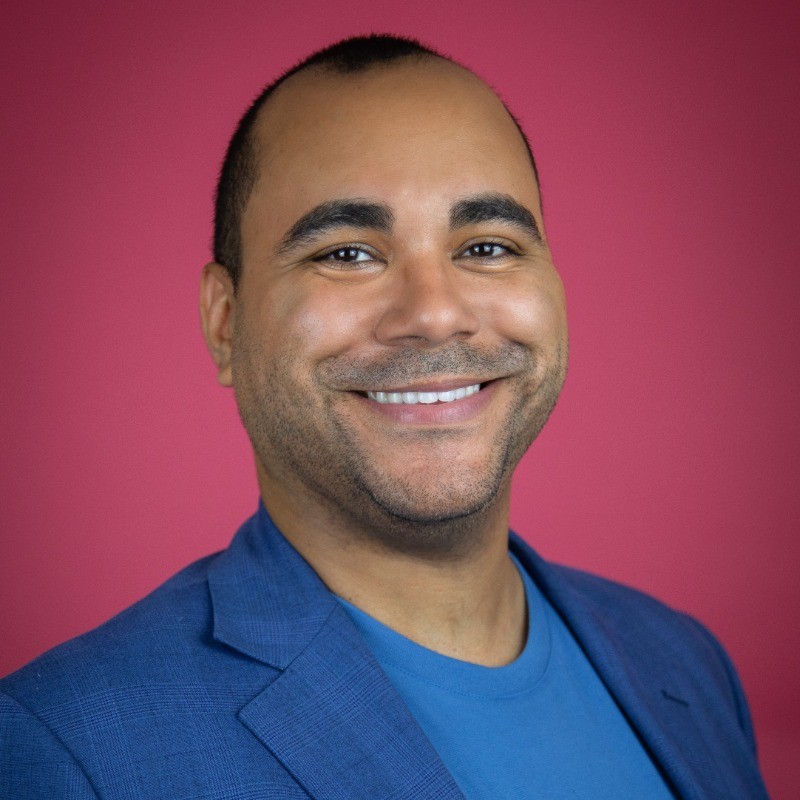
Rowe is described as having an understated style, not the one to chart a new path forward in a senior staff meeting. But he is a steadying force for LeBlanc. “He’s the guy that makes him feel comfortable,” says a former senior official, remarking that Rowe is the staffer that LeBlanc wants by his side.
Ian Foucher, chief of staff to the finance minister
Following his boss from Industry to Finance, Ian Foucher will undoubtedly continue to play a leading role in whatever endeavour Champagne is tasked with, providing his own extensive network of contacts and advising on strategy.
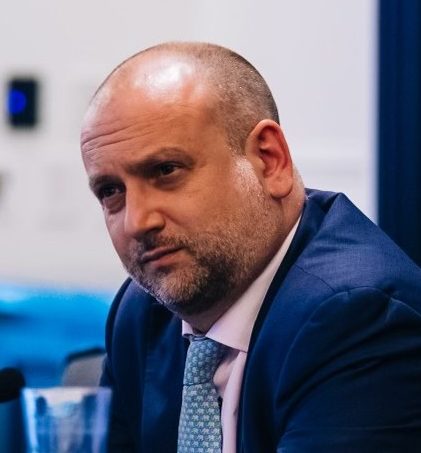
Sources told The Hill Times that, beyond Champagne’s office, Foucher remains a “trusted voice” within the government and will remain influential due to his proximity to the finance minister.
Civil servants
John Hannaford, Privy Council clerk
The top bureaucrat, John Hannaford is seen as someone who is in the perfect role for the consequential foreign policy moment in which Canada currently finds itself. He brings a wealth of foreign policy experience to his central job, which he has held foar nearly two years. He has previously served as deputy minister for international trade, as well as the foreign and defence policy adviser to the prime minister.
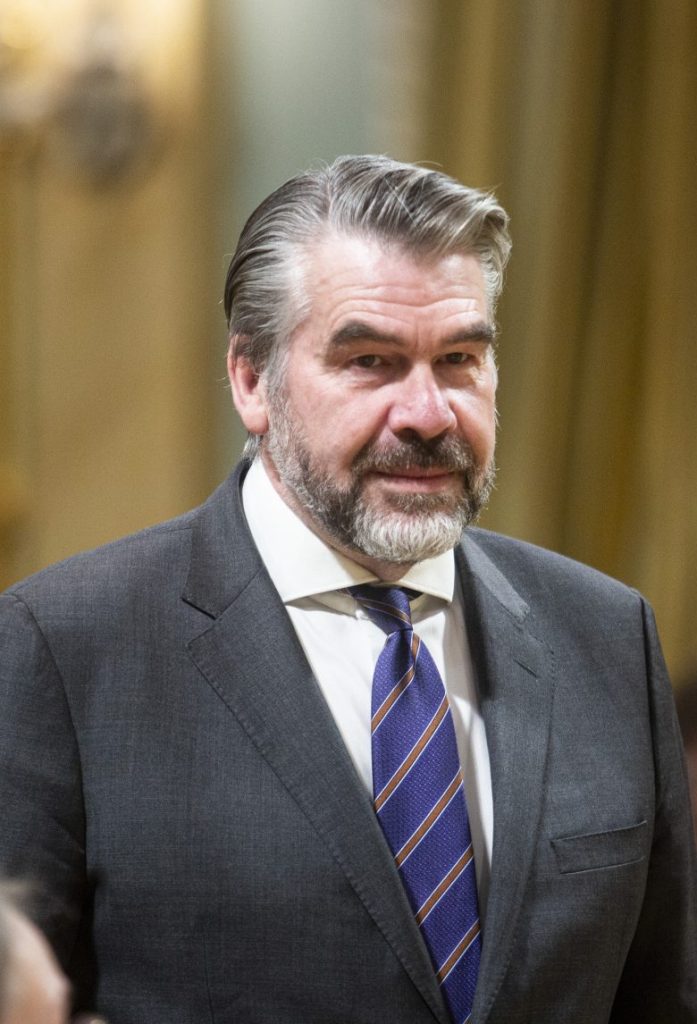
Hannaford is a former ambassador to Norway and has a background in international trade law. One lobbyist said that Hannaford knows the trade file like the “back of his hand.” His experience and expertise put him in the middle of everything important that is happening on the foreign file, most evidently seen standing behind Carney, Joly, and McGuinty for the Oval Office meeting with Trump in May. The biggest question is: how long will the clerk stick around?
David Morrison, deputy minister for foreign affairs
The top civil servant in the Pearson Building, David Morrison has served as No. 2 in foreign affairs since 2022. He has extensive diplomatic experience at a time when there is much need for it at GAC—a 2023 Senate committee study urged the government to ensure senior officials have extensive knowledge and experience in the international file. Morrison has been described as a “very smart guy” who is “very effective.”
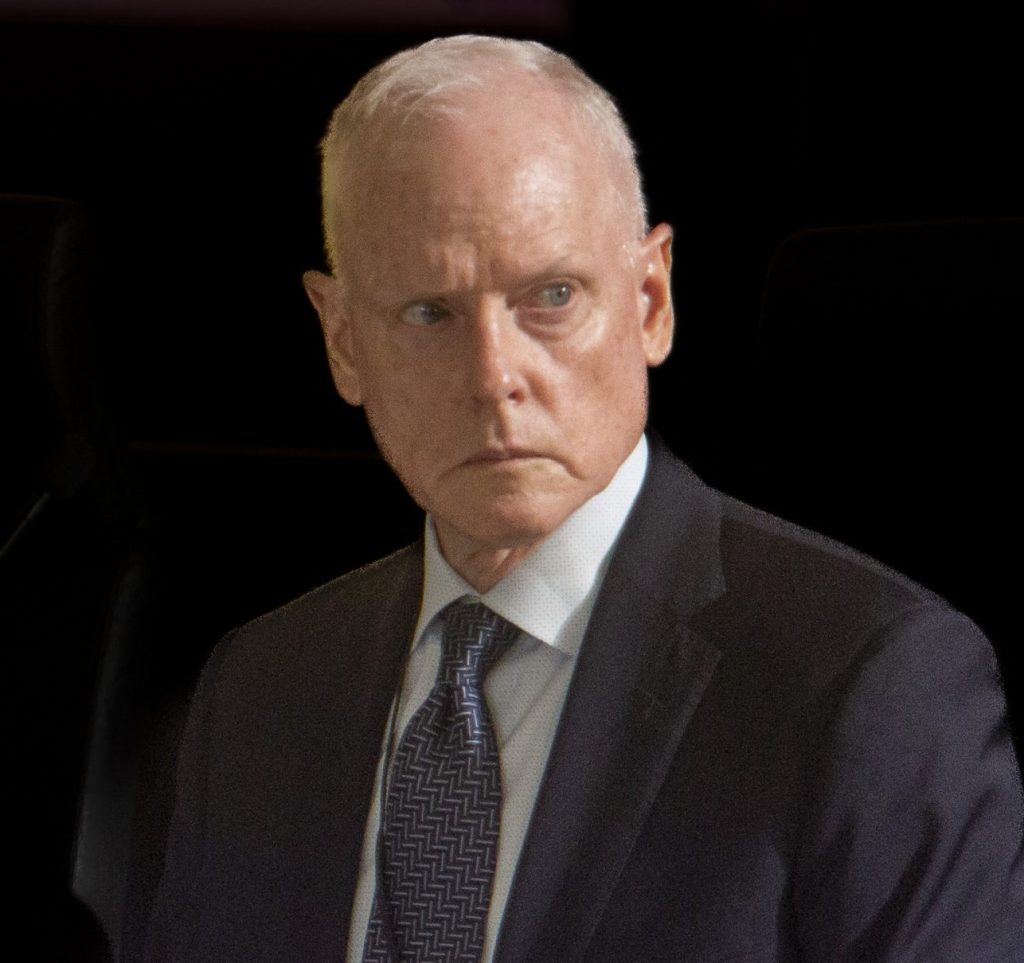
A past G7 sherpa and foreign and defence policy adviser to Trudeau, he has also served in various senior executive roles in the foreign ministry, including as deputy minister for international trade. Morrison has been frequently in the inner circle when decisions are being made.
Rob Stewart, deputy minister for international trade
A tenured presence at GAC, Rob Stewart has been lauded for the breadth of policy knowledge that he brings to the file. He was appointed as the international trade depuety minister in 2022 after serving in the same role in public safety. He also had G7 and G20 responsibility while a senior executive at Finance Canada.

One academic with expertise in foreign policy noted that Stewart has the trust of Carney, and has been a “key player” on all things Canada-U.S. Another source described him as a “real focal point” as the review period for Canada’s North American trade deal turns into a renegotiation.
Nathalie Drouin, privy council deputy clerk and national security and intelligence adviser to the prime minister
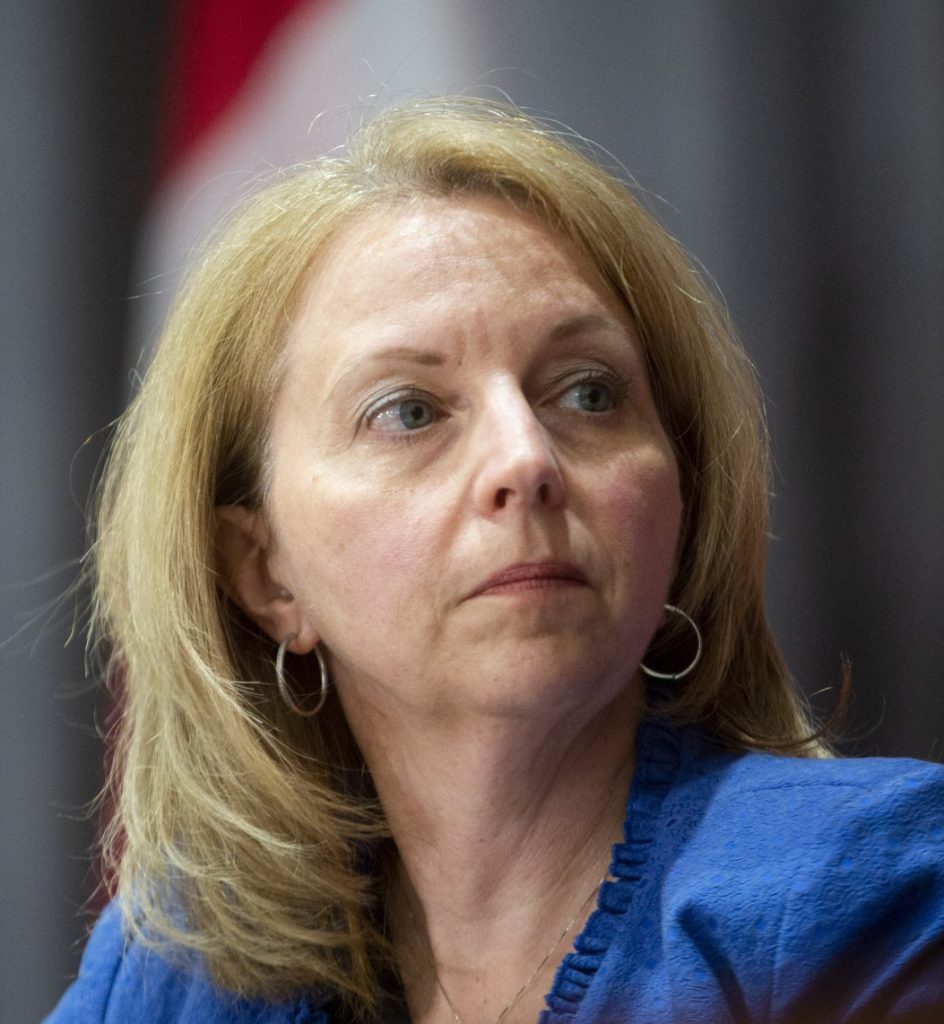
In her second year in the role, Nathalie Drouin is and will continue to be an “essential voice” advising Carney on security and defence files, sources told The Hill Times, noting she has already been travelling extensively—whether to India to try and improve relations under Trudeau or, more recently, to Europe to expand Canada’s intelligence-sharing relationships—and her role has become even more critical with the creation of the National Security Council.
David Angell, foreign and defence policy adviser to the prime minister
The top foreign and defence policy adviser in the Privy Council, David Angell has immediate influence being by Carney’s side for all foreign policy meetings and international trips. A former senior official said that Angell already established himself as highly respected and highly trusted in his past role as Canada’s NATO ambassador during a time when the military alliance was increasingly in the spotlight due to Russia’s aggressiveness. “He’s no-nonsense, and provides good advice and good counsel,” the source said.
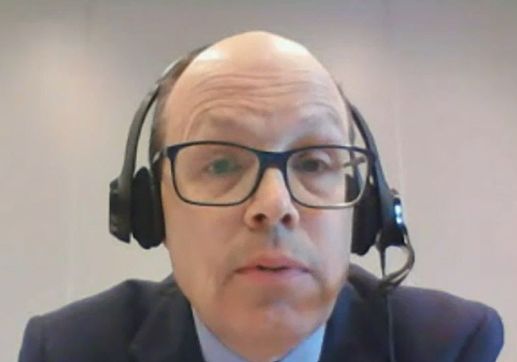
Angell was also the political director at GAC, which put him in frequent contact with G7 counterparts on peace and security issues from Ukraine to the Middle East. When the G7 top diplomats met in Charlevoix, Que., in March, Angell was the top bureaucrat present. In his new role in the PCO, Angell serves as an important liaison between the centre and the Pearson Building.
Cindy Termorshuizen, deputy minister for the G7 summit and G7 and G20 sherpa
Described as one of Canada’s most capable diplomats, Cindy Termorshuizen will be at the centre of everycthing when Canada hosts the G7 Leaders’ Summit later this month. She is respected both within the foreign ministry and throughout Ottawa. With the Group of Seven likely to address competition with Beijing, she is well situated.

Noted for her extensive knowledge on China—including speaking the language—Termorshuizen was a previous deputy head of mission in Beijing. Success at the summit will be guided by her work, as finding agreement on a joint communiqué will quite likely have her burning the midnight oil. The challenge will be whether the summit can stay on track amid the erratic nature of the Trump show.
Christiane Fox, Privy Council deputy clerk and associate secretary to the cabinet and intergovernmental affairs deputy minister
One of the Privy Council’s two deputy clerks, Christiane Fox has played an influential role on Canada-U.S. issues as a go-to on the file who is described as an unsung hero. “She is the one that moves mountains and gets things done,” said a former senior official. That includes addressing American concerns over the border.
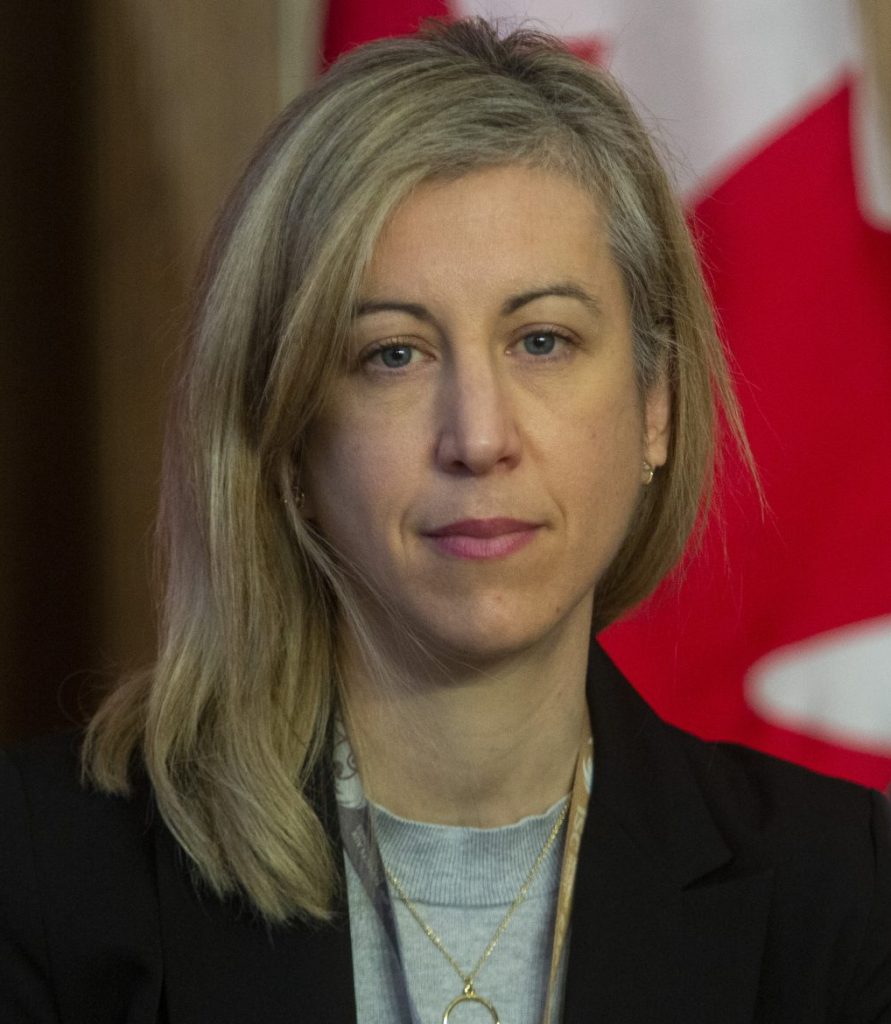
She also plays an increasingly internationalized role as the No. 2 for intergovernmental affairs, with premiers increasingly focused on Canada’s relationship with its southern neighbour. Despite her fingerprints on the international file, much of Fox’s role remains domestic. She is a former deputy minister for immigration, and previously held the same role at Indigenous services.
Aaron Fowler, associate assistant deputy minister for international trade and chief trade negotiator
Canada’s lead negotiator for Canada-U.S. trade, Aaron Fowler is destined to play a crucial role as the future of the North American trading relationship is re-envisioned. He led the completed talks with Indonesia—a key pillar of Canada’s Indo-Pacific strategy. Like past trade giant Steve Verheul, Fowler has served as chief trade negotiator at Agriculture and Agri-Food Canada.

“He inspires a high level of confidence,” said a lobbyist, who noted Fowler has in-depth technical knowledge and an understanding of the business side of trade talks. Like Carney, Fowler keeps the status of trade talks close to his chest. When information from stakeholder briefings was leaked to the press, he changed their format, disclosing far less. He has been charged with preparing for the review of CUSMA. One business leader said Fowler plays a “key role” in ensuring that Canada is prepared, and that Ottawa is positioned to have success during the process.
Gen. Jennie Carignan, chief of the defence staff
Canada’s first female chief of the defence staff, Jennie Carignan will be a “key voice” as the government debates how best to increase Canada’s defence spending to meet its NATO commitments.
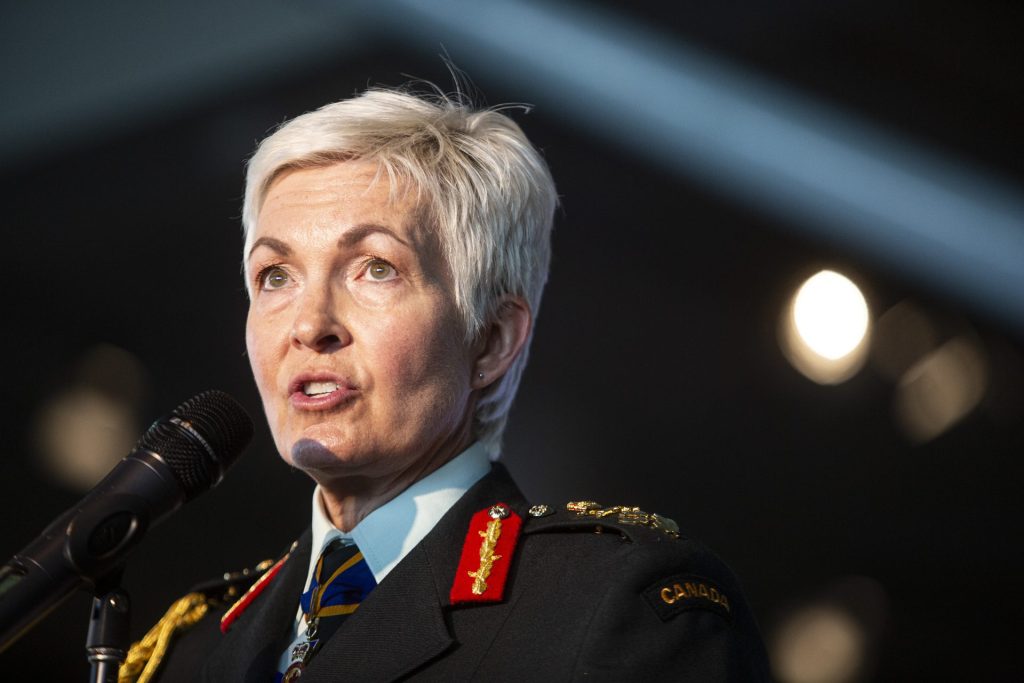
Carignan has also been travelling to shore up Canada’s military alliances, most recently to meet her counterparts in Australia and New Zealand last week, as well as earlier trips to Singapore and to Washington, D.C., prior to the election.
Stefanie Beck, deputy minister for national defence
The top bureaucrat at the Department of National Defence, Stefanie Beck brings an international perspective to the role. She is a GAC alum, having served as an ambassador in Croatia and Cambodia, and a deputy head of mission in the United Kingdom.
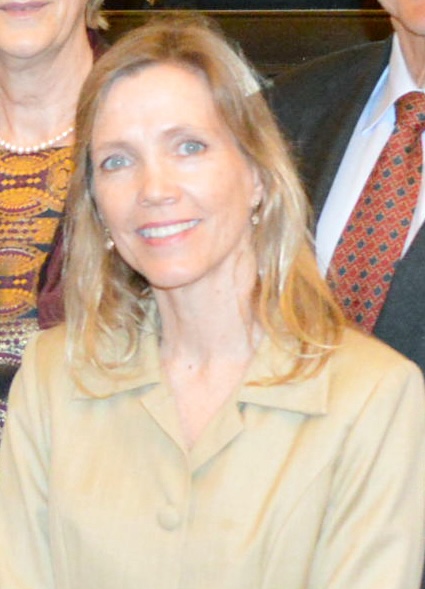
Described as a “good thinker,” her department will be in the spotlight with a sharp focus on defence spending. One academic said that her connections in the foreign ministry make her a “key voice” in international discussions. She took up her post in 2024 after serving in the same role at Agriculture and Agri-Food Canada.
Daniel Rogers, CSIS director
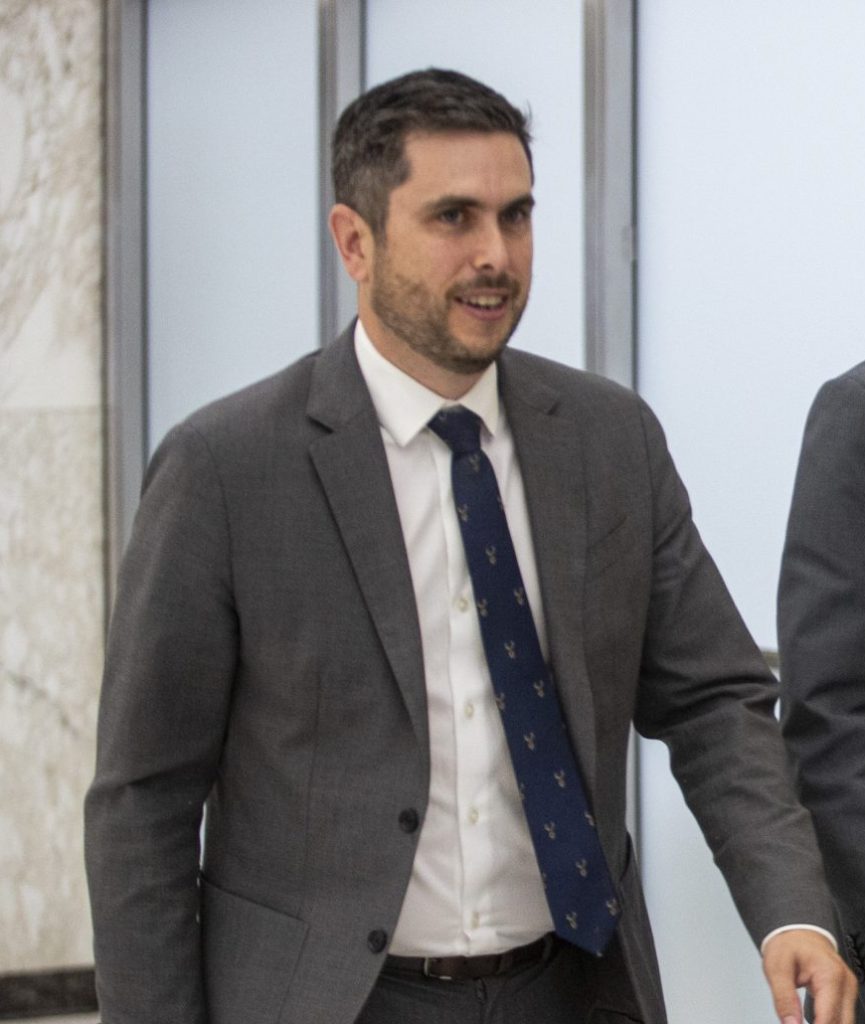
Before becoming director of the Canadian Security Intelligence Service last October, Daniel Rogers served as Trudeau’s deputy national security and intelligence adviser since May 2023, and he has more than a decade of experience working with Canada’s Communications Security Establishment (CSE).
According to one source who spoke with The Hill Times, Rogers has also been making regular international forays. He has been dispatched to help expand Canada’s intelligence partnerships outside the U.S. as “serious concerns” grow over intelligence sharing with the Trump administration.
Caroline Xavier, CSE director

Caroline Xavier, the daughter of Haitian immigrants and the first Black person to be named a deputy minister in the federal public service, may not garner the same attention as some others on the list, but sources who spoke with The Hill Times indicated that the CSE’s lack of media attention is partially what makes it “the golden child” of the Canadian intelligence community.
“[CSE] is well respected by our allies. You often hear about how our allies criticize Canada for being free riders; that is sometimes true, but it’s not true in the world of security intelligence, where CSE is well regarded,” one source explained. “As the head of that agency … her role makes her quite influential behind the scenes.”
Kevin Brosseau, fentanyl czar

Trudeau’s former deputy NSIA, Kevin Brosseau is a former Mountie who brings more than two decades of law enforcement experience—including as RCMP commissioner and commanding officer in Alberta—to his new role working alongside McGuinty and their U.S. counterparts to address Trump’s concerns about the flow of fentanyl across the two countries’ border.
Brosseau was appointed to the role by Trudeau in February, and joined a Canadian delegation to Washington in March where he met with U.S. border czar Tom Homan and Secretary of Homeland Security Kristi Noem in an attempt to demonstrate Canada’s progress on the border to avoid Trump’s tariffs.
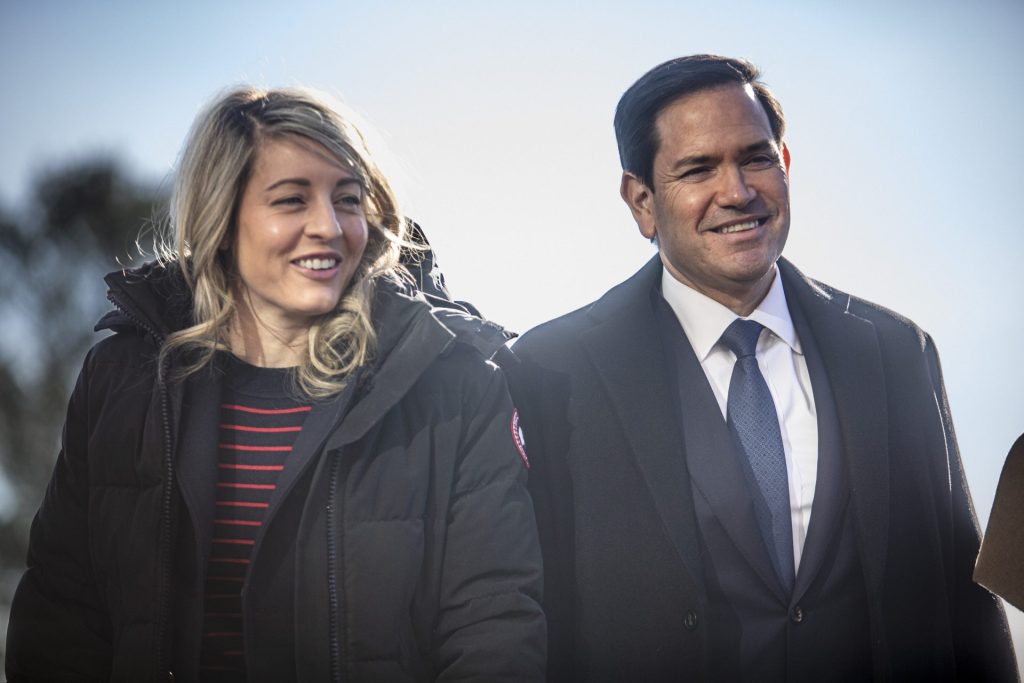
Diplomats
Kirsten Hillman, ambassador to the United States
Ottawa’s most important ambassador is always the one that sits in Canada’s largest embassy along Washington, D.C.’s National Mall. Kirsten Hillman brings added influence having been in the role for nearly six years—starting as acting ambassador in 2019 and full-fledged envoy in 2020. A trade policy and negotiation wonk, she was at the table during the NAFTA renegotiations as deputy head of mission in D.C. A business leader said Hillman remains the “cornerstone” on all aspects of Canada-U.S. trade, describing her as “extremely smart, extremely connected, and is absolutely a key figure in our bilateral trade relationship.” Volpe said she’s someone who knows when her voice is needed, and knows the “importance of pushing back at the Americans at times, which requires somebody with credibility.”

Hillman established herself as a trusted voice in the Trudeau inner circle—a trust that she will have to earn under the new prime minister. In addition to managing the hub on Pennsylvania Avenue, she also shepherds the work of the dozen consuls general, including Tom Clark in New York City, who has received praise for his influence. The question for Hillman will be how much will she want to stay in the American national capital having already served a full-term’s length inside the high-pressure beltway.
Bob Rae, ambassador and permanent representative to the United Nations
Canada’s most outspoken envoy, Bob Rae has been a frequent critic of the Trump administration on social media. Like Hillman, the former Ontario NDP premier and interim leader of the federal Liberal Party could be nearing the end of his term, having succeeded incoming PMO chief of staff Marc-André Blanchard as ambassador in 2020. Volpe said that Rae is someone who understands Canada’s place in the world, remarking that he “uses it to influence areas of international consequence, like the future of
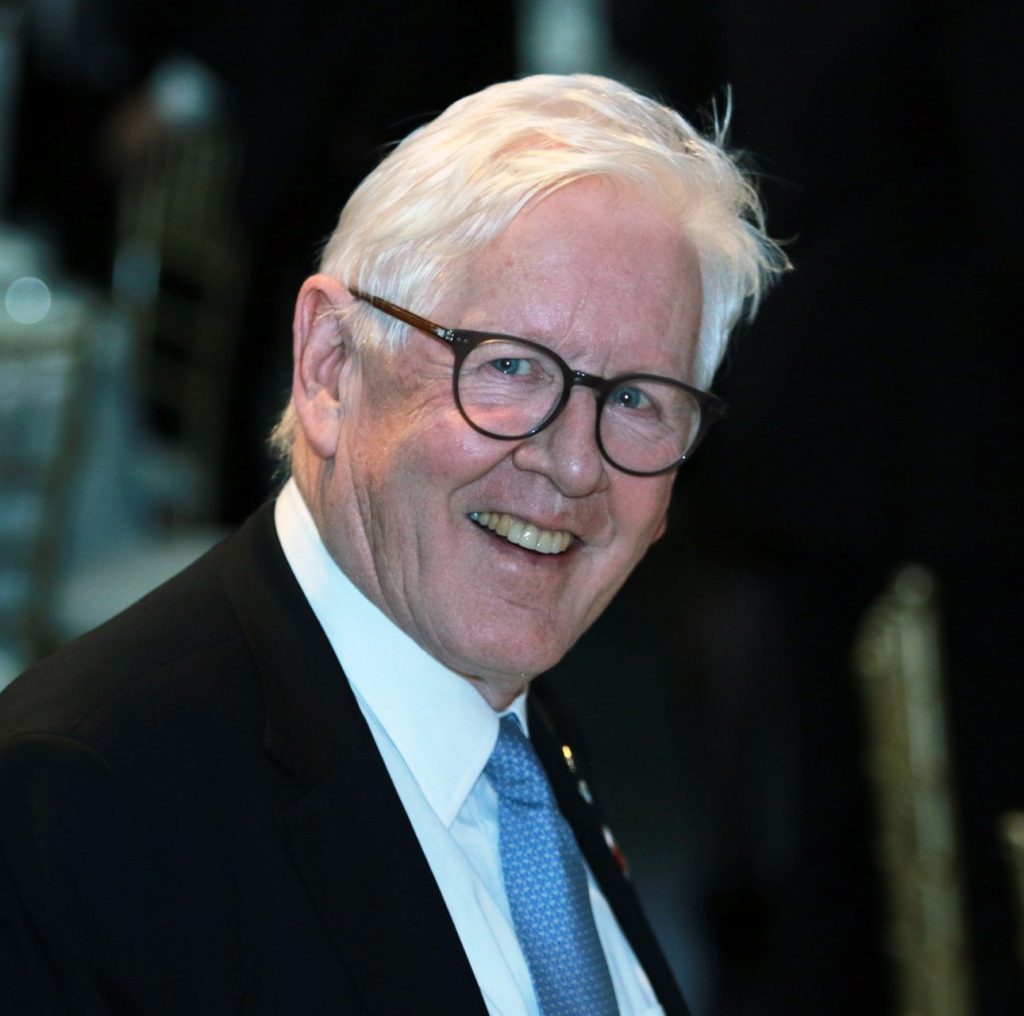
AI and the role of the rule of law in international conflicts.” While Rae is a strong ambassador, Canada’s position at the United Nations has been weakened after two successive defeats for temporary seats on the Security Council as the intergovernmental organization has come under heavy criticism for its inability to address an increasingly erratic world order.
Ian McKay, ambassador to Japan
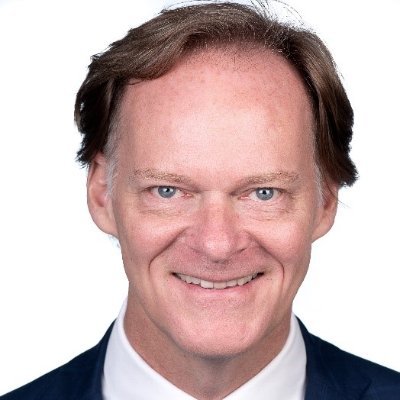
Another veteran envoy, Ian McKay has been an influential voice as Canada reorients its presence in Asia. He was first posted as Canada’s top diplomat in Tokyo in 2021, and was later named special envoy for the Indo-Pacific. A former national director of the Liberal Party, McKay has deep connections in Japan and speaks the language. Like other influential Canadian envoys, the question will be how long McKay will stay in the G7 post.
Heidi Hulan, ambassador to NATO
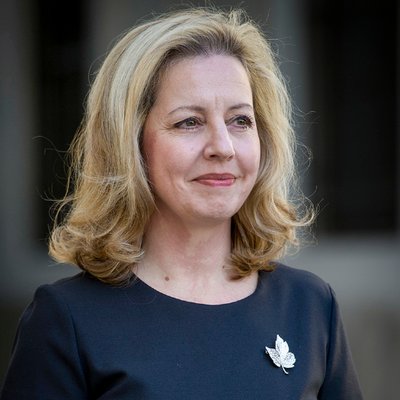
With NATO holding an oversized spotlight—especially as the alliance’s summit approaches later this month—Heidi Hulan brings extensive international experience to the role in Brussels. She previously served as GAC’s political director and assistant deputy minister for international security. With a push to increase the NATO spending target of which Canada already falls short, Hulan is placed at the centre of tough debates. But Canada’s sway is amplified due to leading a NATO mission on the military alliance’s eastern flank in Latvia. She is a previous envoy to Austria.
Pete Hoekstra, U.S. ambassador to Canada
A plainspoken former Congressman, Pete Hoekstra hasn’t made too many friends since arriving in Ottawa in April. He has countered Canadian concerns over Trump’s “51st state” threats, arguing that they were in the past, which turned out to be wishful thinking. Many in Ottawa are still waiting to get a full reading of the new envoy. “But the nature of his position, he’s going to be one of the most influential,” said a former senior official, who noted Hoekstra will have to adjust his approach if he wants to win hearts and minds while in Ottawa. Whether Hoekstra is willing to do that is an open question.
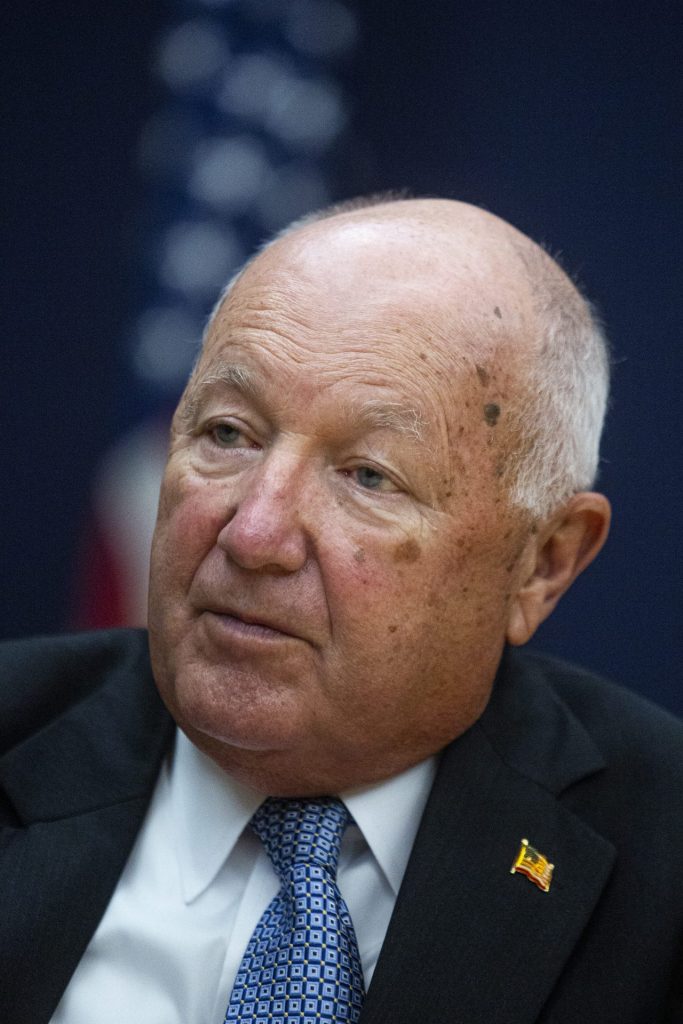
An expert on Canada-U.S. relations said the ambassador is someone with credibility as a former legislator, as well as someone who will get his call answered by the White House. “That’s the most important criteria for a U.S. ambassador in Canada,” the source said, remarking that Hoekstra isn’t a “shrinking violet,” and will say some things that Canadians will find offensive. “But at least you know where you stand with this guy.”
Hoekstra previously served as an American envoy in the Netherlands during Trump’s first term—a posting which wasn’t without controversy.
Tjorven Bellmann/Matthias Lüttenberg, German ambassadors to Canada
Germany’s wife-husband ambassadorial team, Tjorven Bellmann and Matthias Lüttenberg, had large shoes to fill when they started their post last September. Previous German envoy Sabine Sparwasser was widely considered as one of the most influential ambassadors in Ottawa by the time she wrapped up her nearly seven-year posting. The couple are swapping the post every eight months—Bellmann had first crack at the post and now Lüttenberg is in the ambassador seat. Like Canada, they had to prepare for a new leader representing their country at this year’s G7 summit. Bellman is a past political director of Germany’s foreign ministry, and Lüttenberg worked in the political department with an eye on Ukraine, Russia, and Eastern Europe. Both are considered very active, and have earned high acclaim since arriving in Canada.
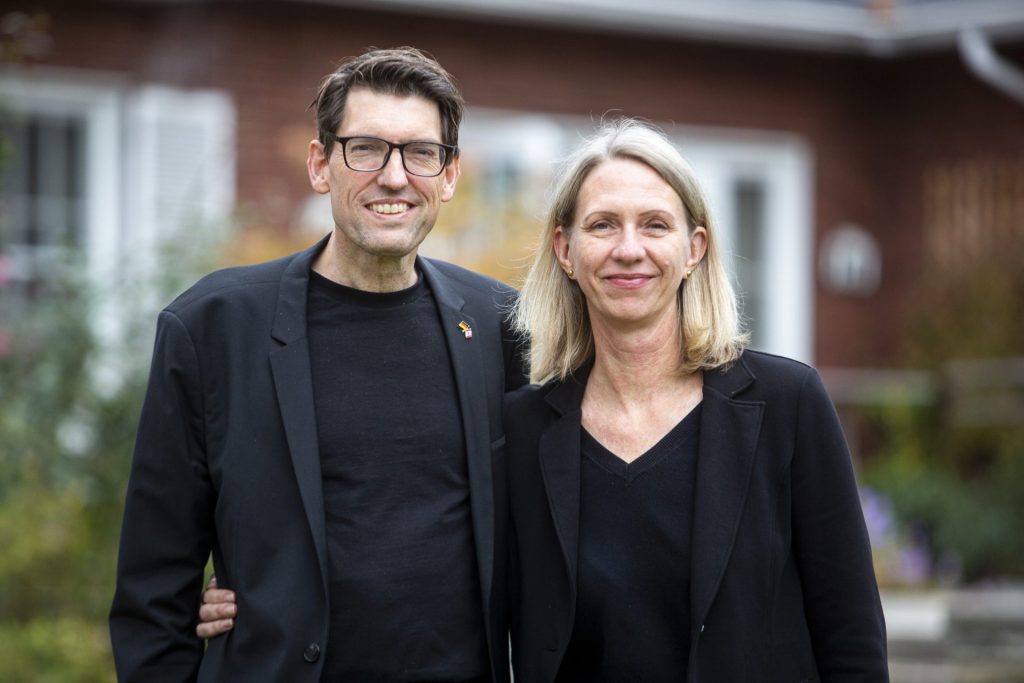
It didn’t go unnoticed that Germany offered the strongest defence of Canada’s sovereignty at the G7 Foreign Ministers Meeting this past March when other top diplomats were loath to comment.
Rob Tinline, U.K. high commissioner to Canada
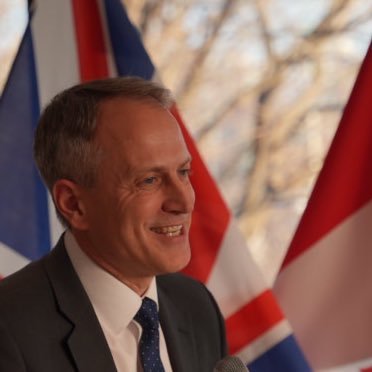
A newer face in Ottawa, Rob Tinline has already won himself fans around town since starting his posting this past February. The Brit is a career diplomat who oversaw the Americas department in the foreign office. He has deep knowledge of both the Canadian and British systems, and is able to see where they can find connections. Tinline is in the posting at a time when there is opportunity to deepen Canada’s relationship with the United Kingdom, especially as its relationship with the U.S. has diminished. It remains to be seen if there will be enough goodwill to progress on trade talks, which were paused in early 2024 after Canada was unwilling to grant additional access for British cheese.
Kanji Yamanouchi, Japanese ambassador to Canada
Whether shredding out O Canada on the electric guitar or leading a Beatles sing-along on his grand piano, Japan’s Ambassador Kanji Yamanouchi is one of the most vibrant figures within Parliament Hill’s diplomatic and social circles. As a diplomat’s influence in either sphere can be judged synergistically, sources noted that, outside of the U.S. Embassy’s July 4 celebration, the Japan National Day celebration Yamanouchi hosts each year in February is “one of Ottawa’s most significant international events.”
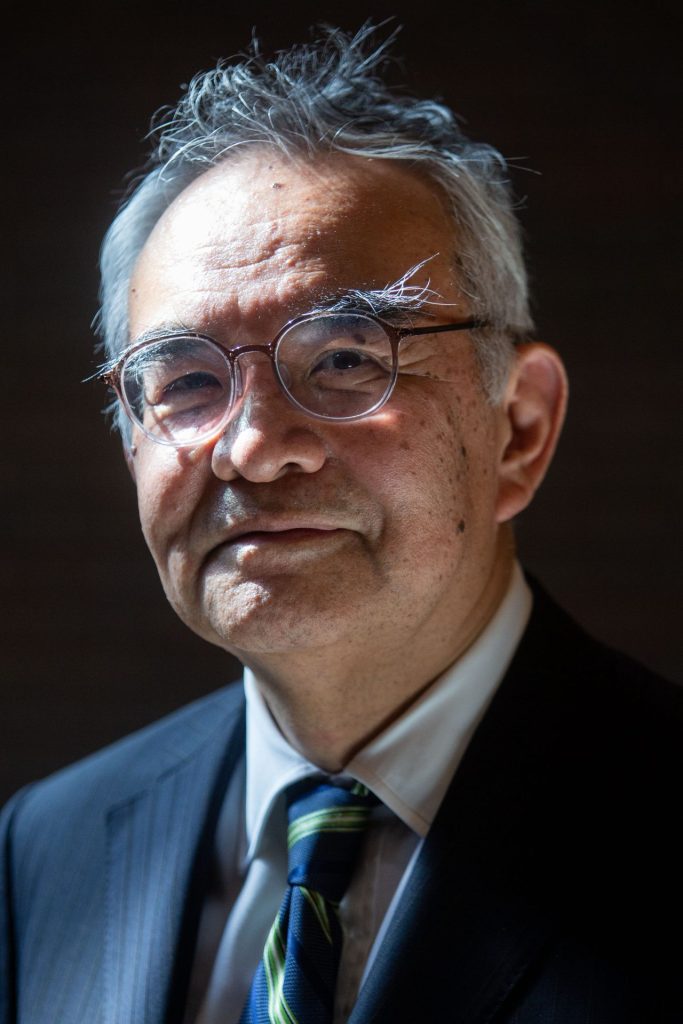
“There’s a reason Canada sent its special envoy to Japan,” one source said, noting that Yamanouchi has been an effective spokesperson for the two countries’ shared values and “like-minded” goals for the Indo-Pacific.
Civil society and others
Goldy Hyder, president of the Business Council of Canada
Now in his sixth year as Business Council president, Goldy Hyder is a “prominent and provocative voice in public diplomacy.” One source praised Hyder for his extensive outreach to the media, academics, politicians, and bureaucrats on behalf of the Canadian business community, and federal officials are increasingly seeking his advice.
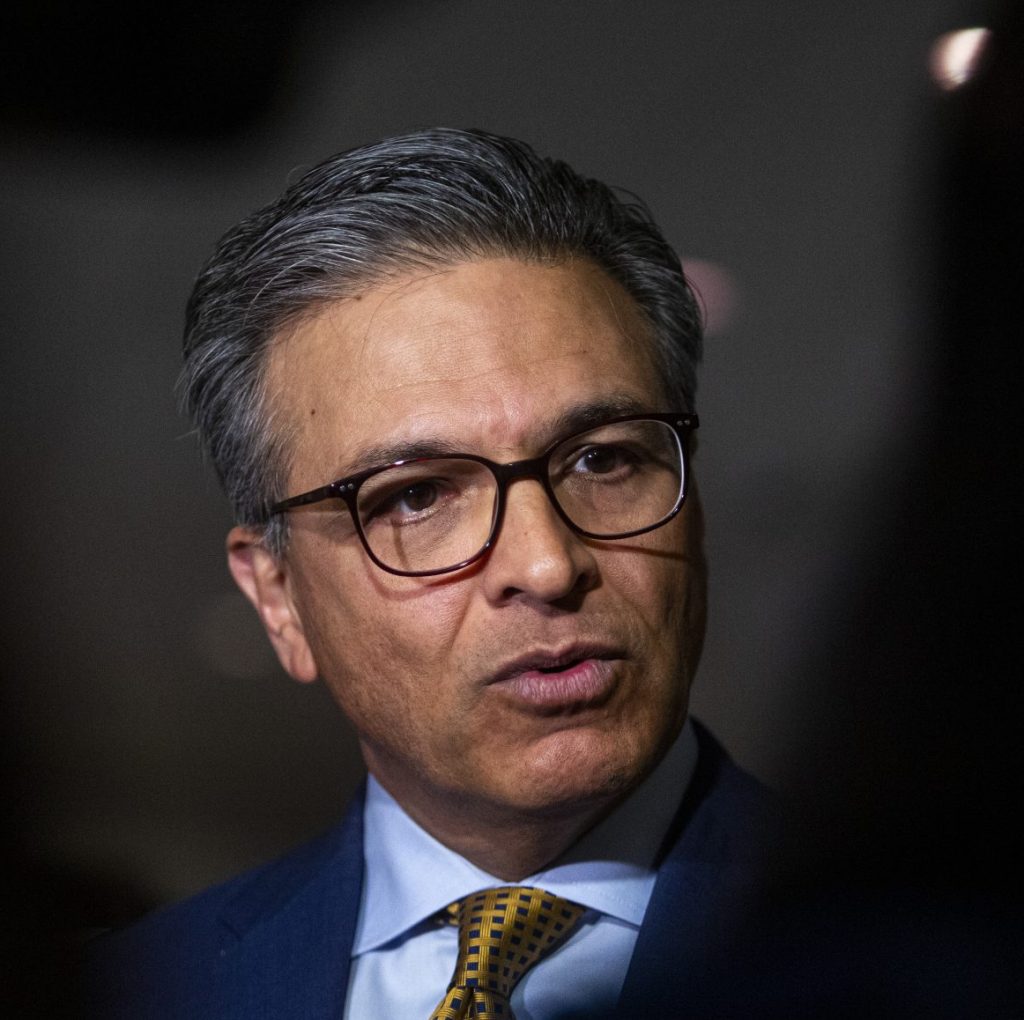
“He’s been the public face, and it’s been quite effective,” the source said, noting the wide array of “face time” Hyder makes for media interviews, at political events organized by the BCC, or in his frequent trips to Washington, D.C., or accompanying former international trade ministers on overseas delegations.
Flavio Volpe, president of the Automotive Parts Manufacturers’ Association
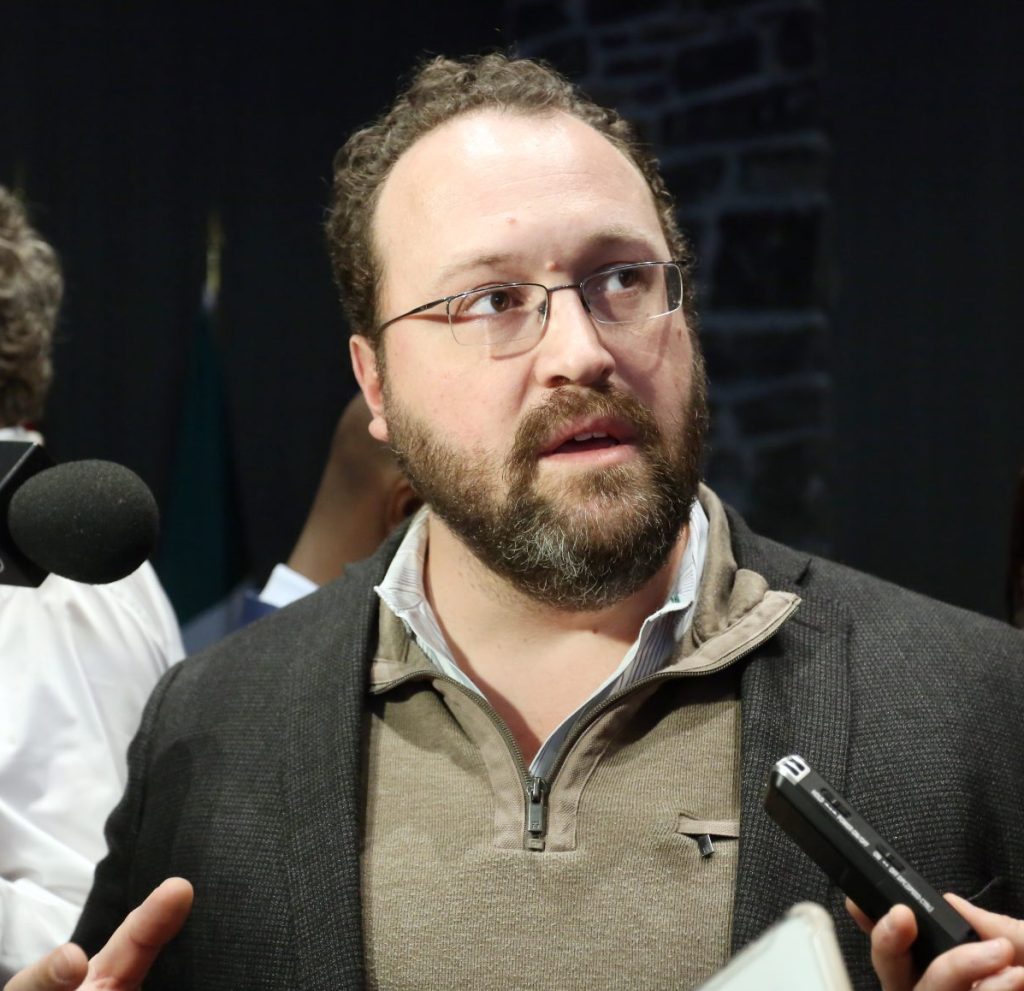
Flavio Volpe’s fellow sources spoke highly of the Order of Canada inductee and head of the association representing Canada’s largest auto parts makers, describing him as “a very effective communicator” and advocate for his industry. Maintaining a close relationship with Champagne, Volpe continues to be an effective public and political communicator whose insights and input will remain highly valued.
Jean Charest, former Quebec premier
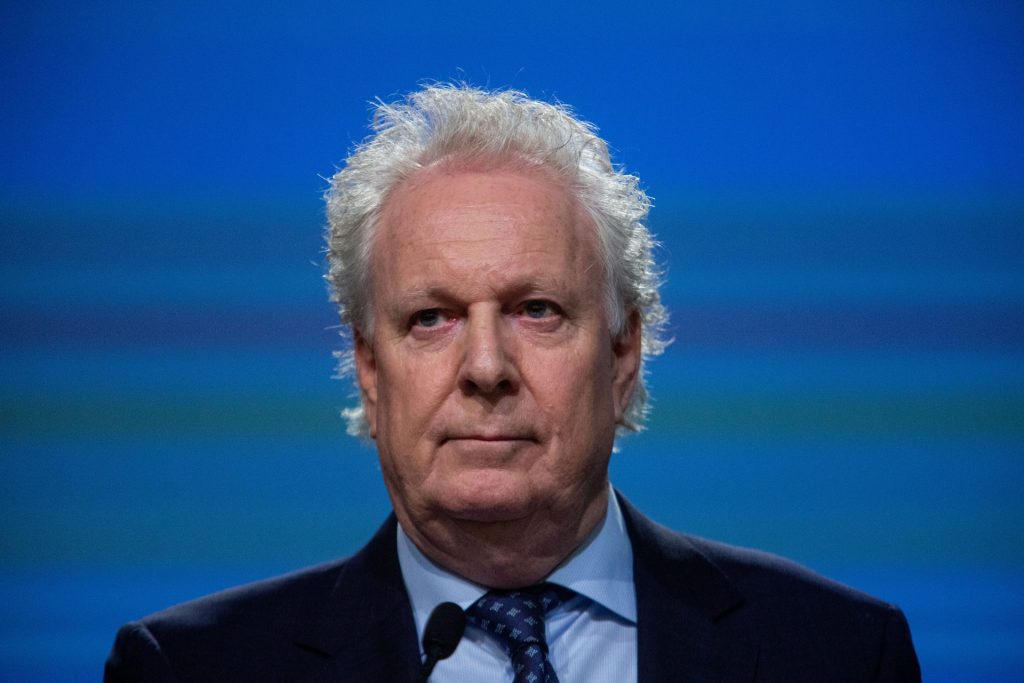
Described as an “ultimate statesman,” Jean Charest has been relied on to give important advice to Carney, especially on the U.S. file. The former Quebec premier and Brian Mulroney-era cabinet minister sits on the prime minister’s Council on Canada-U.S. Relations. Charest has also been a vocal advocate for Canadian trade, both on domestic and American airwaves. “His voice carries a lot of weight,” an academic said. Reports indicated that Carney offered Charest a government role shortly after he became prime minister. Charest has taken part in GAC’s heads of mission for North America meetings, and he has backers hoping to see him take on a more formal role in the relationship.
Meredith Lilly, academic
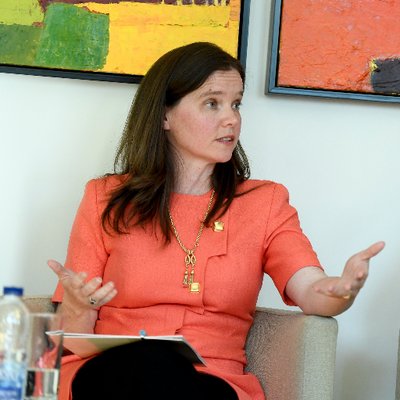
A go-to source for insight on international trade, Carleton University professor Meredith Lilly is sought out for clarity on thorny trade policy questions. Her research is focused on North American trade and diversification, which situates her well for the current moment. She was then-prime minister Stephen Harper‘s foreign affairs and international trade adviser. A business leader described Lilly as “extremely smart,” and “very effective” on trade policy. “When she writes something about Canadian trade policy, people listen because she knows what she’s talking about,” the source said. Another source said that she knows North American trade better than anyone else.
Thomas Juneau, academic
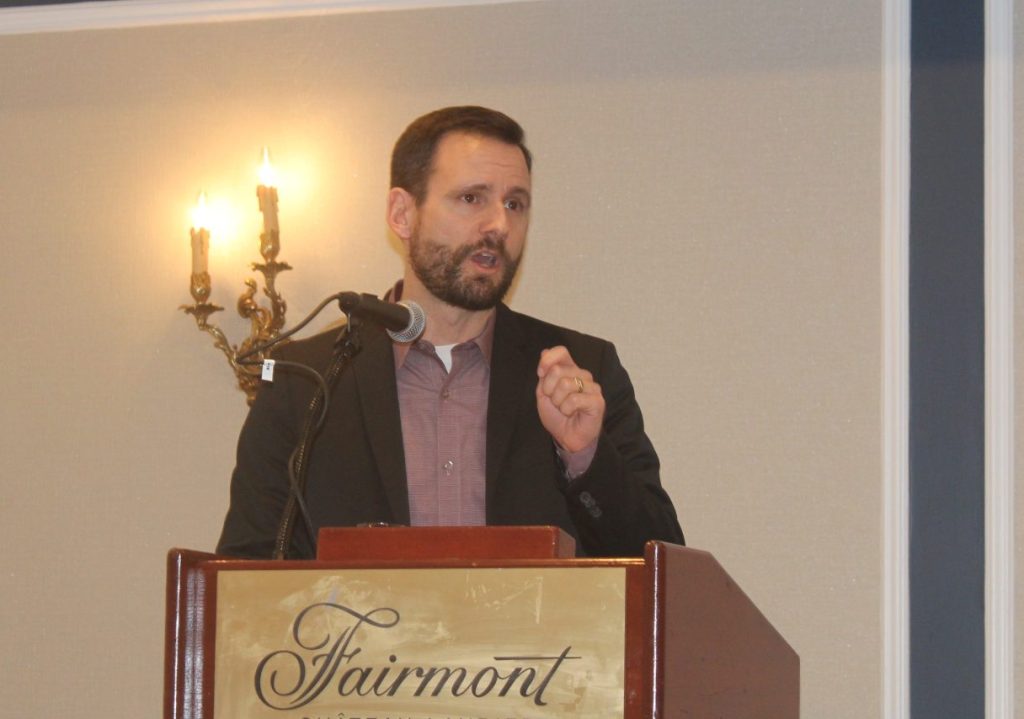
A former policy analyst for the Department of National Defence, Thomas Juneau is an associate professor at the University of Ottawa Graduate School of Public and International Affairs, and a much sought-after voice by the media in both official languages. He is also well respected by his academic colleagues and federal officials as “one of Canada’s most influential scholars in the Middle East.” While that prominence isn’t without controversy, sources credit him for the “balance and nuance” he brings to his analysis on issues related to Iran, the Israel-Palestine conflict, and the war in Gaza.
Jennifer Welsh, academic
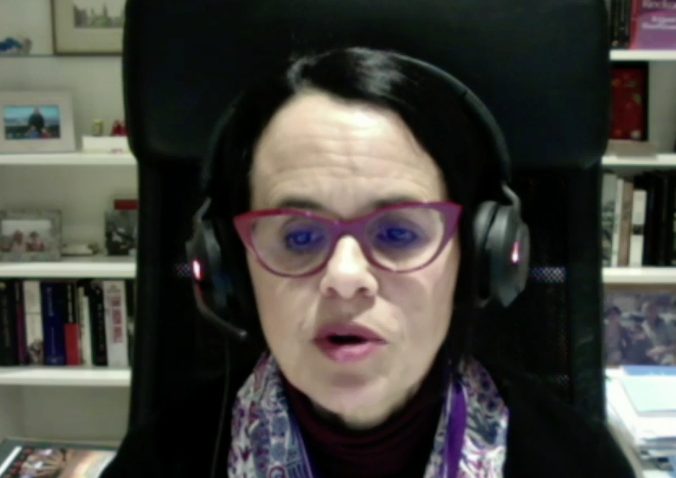
An expert on the responsibility to protect, McGill University professor Jennifer Welsh isn’t as vocal in the media as some other academics on the list, but her influence comes from her contact with the government. A former senior government official said Welsh gets a lot of calls from the feds and is someone who is “effective.” She holds the Canadian Research Chair for Global Governance and Security. She was previously a special adviser to then-UN secretary general Ban Ki-moon on the responsibility to protect.
Laura Dawson, Future Borders Coalition executive director
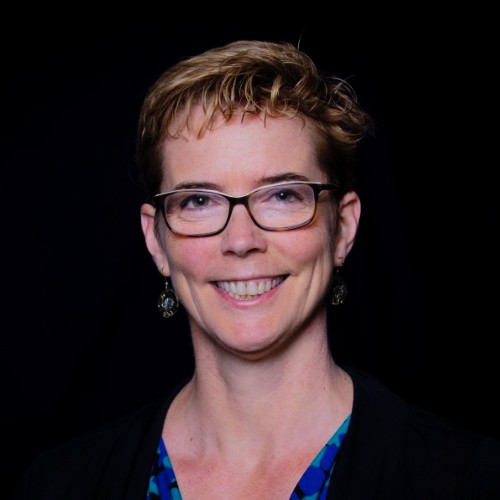
An expert on the Canada-U.S. border, Laura Dawson has been called on by the government to offer counsel. She is a former director of the now-shuttered Canada Institute at the Wilson Center in Washington, D.C., and worked as a senior adviser in the U.S. Embassy in Ottawa. One lobbyist noted that she is someone who is “very well respected.” The Trump administration’s focus on border issues has made her well placed, and Dawson also serves as a helpful voice for the government being one of the few public voices advocating for the Canada-U.S. trade relationship south of the border.
Steve Verheul, former chief trade negotiator
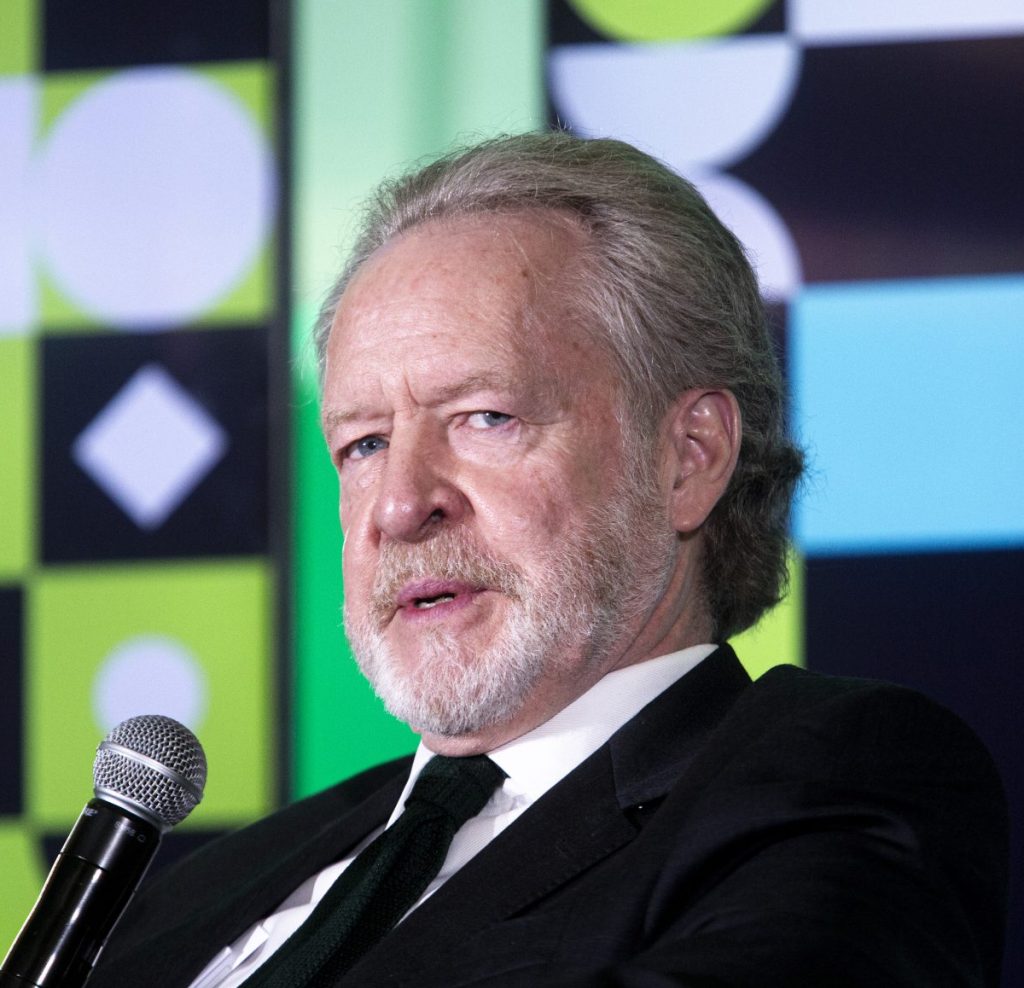
Canada’s former chief trade negotiator, Steve Verheul continues to be relied on to provide advice. Widely respected and seen as an architect of Canadian trade policy while in government, he advocated for retaliation against the Trump administration’s tariffs when the rest of the world largely chose inaction. Verheul spearheaded negotiations that led to the Canada-European Union trade pact, as well as leading NAFTA renegotiations during Trump’s first term. “He is everywhere and in hot demand,” said one source. Verheul is a player who is sought out by the business community for his input, said one lobbyist. “He gives it in a very intelligent way and everyone’s listening,” the source said. Like Charest, Verheul sits on Carney’s Council on Canada-U.S. Relations.
Khalil Shariff, CEO of Aga Khan Foundation Canada
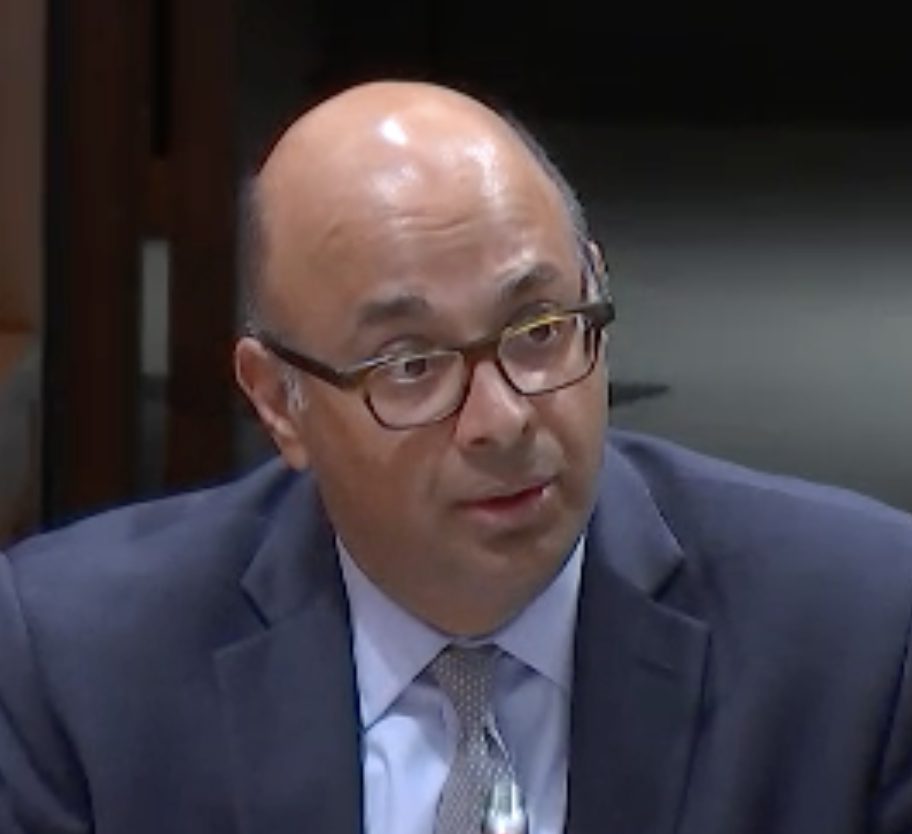
The head of the Aga Khan Foundation in Canada, Khalil Shariff is a voice who is listened to by the government. He offers advice on macro global policy issues. The proximity of the foundation’s headquarters in Ottawa also boosts his influence as it is located next door to the Pearson Building. Shariff also has a tenure that has led to deep links in Ottawa, having held his post since 2005. He is frequently speaking with senior GAC executives on international development issues. Shariff has also been involved with conflict resolution.
Bob Fife/Steven Chase/Mark MacKinnon, Globe and Mail reporters
Several sources pointed to the continued influence The Globe and Mail‘s reporting has on federal decision makers, led by Ottawa bureau chief Bob Fife and senior parliamentary reporter Steven Chase, who remain at the “forefront of reporting” on foreign interference and Canada’s relationships and dealings with the governments of China, India, and Saudi Arabia, alongside the “big-picture” reporting from senior international correspondent Mark MacKinnon.
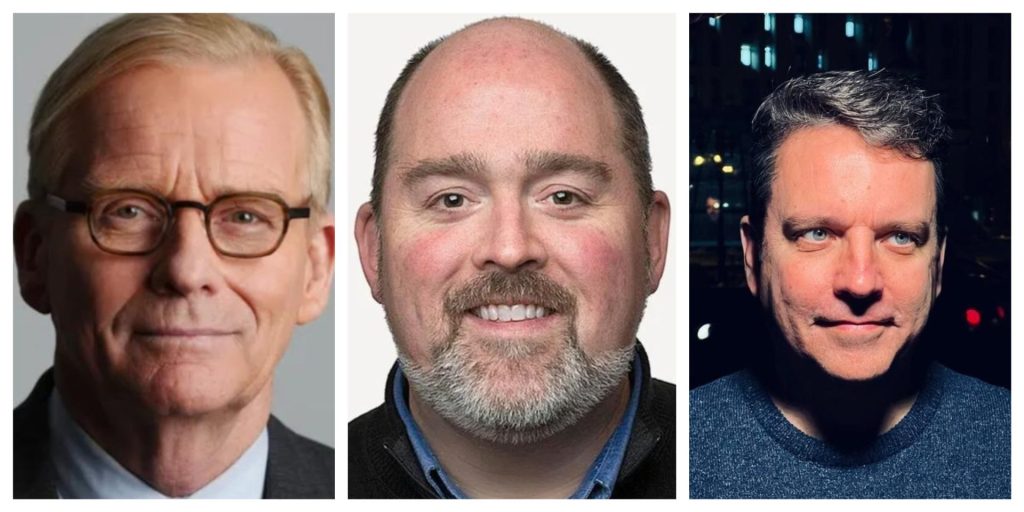
Sources also nominated CBC News’ Evan Dyer‘s reporting, as well as his colleague Catherine Tunney and The National Post‘s Chris Nardi, all of whom have broken several national security related stories, and are credited with “doing the grind work of writing on Canada’s foreign policy infrastructure.”
Katie Simpson/Josh Wingrove, CBC and Bloomberg reporters
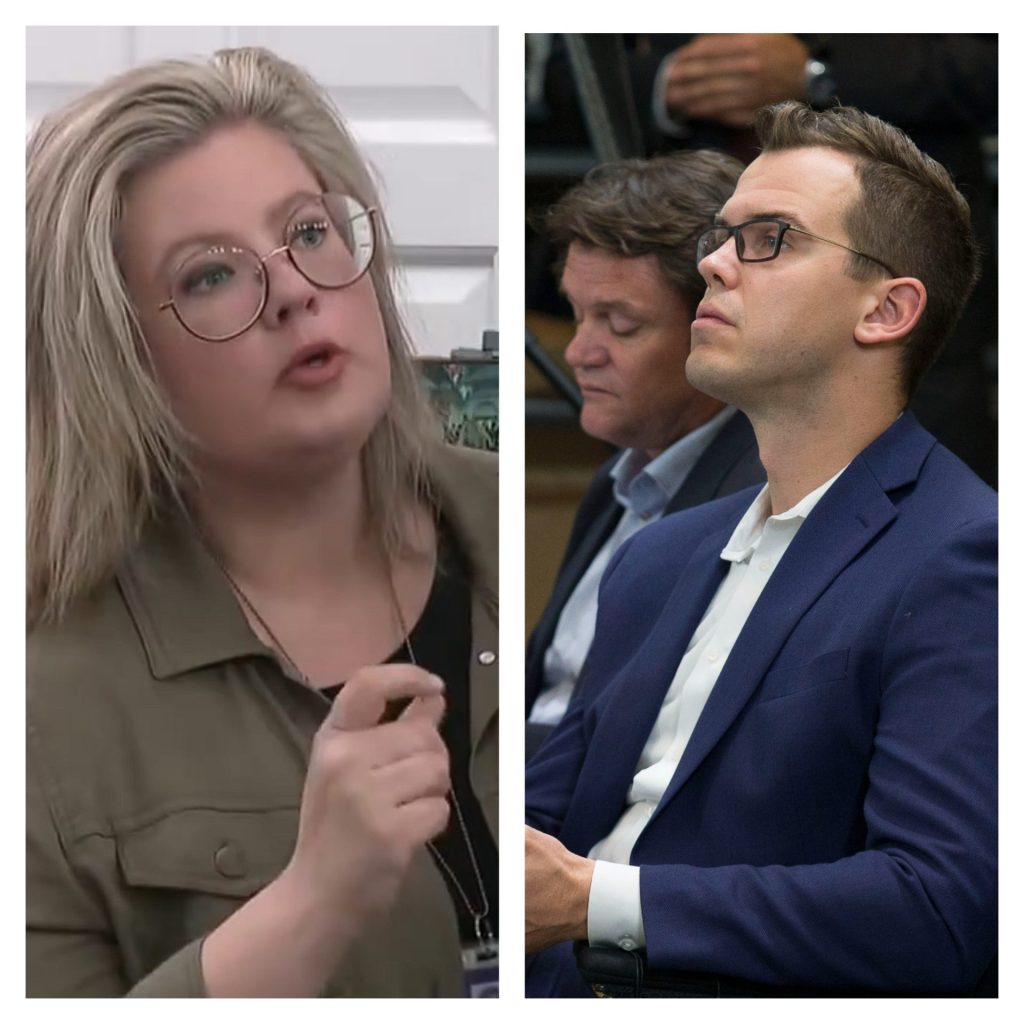
The CBC’s Washington correspondent, Katie Simpson, and Bloomberg News’ White House correspondent, Josh Wingrove, have both been influential in the Canada-U.S. relationship due primarily to their proximity to and ability to question the seat of power in Washington.
Simpson is partially credited with reigniting the “51st state” issue during the federal election with her question to White House Press Secretary Karoline Leavitt about why Trump had seemingly gone quiet, and Wingrove for his question directly to the president regarding the timing of his upcoming tariffs on Canada in the Oval Office.
news@hilltimes.com
The Hill Times
The top 50 people influencing Canadian foreign policy
Politicians
- Mark Carney, prime minister
- Anita Anand, foreign affairs minister
- Dominic LeBlanc, Canada-U.S. trade, intergovernmental affairs, and one Canadian economy minister
- David McGuinty, defence minister
- François-Philippe Champagne, finance minister
- Mélanie Joly, industry minister
- Maninder Sidhu, international trade minister
- Michael Chong, Conservative foreign affairs critic
- Peter Boehm and Peter Harder, Senators
- Doug Ford, Ontario premier
Staffers
- Lisa Jørgensen, PMO senior adviser for Canada-U.S. relations
- Scott Gilmore, PMO senior foreign and defence policy adviser
- Oz Jungic, PMO senior policy adviser
- Marco Mendicino/Marc-André Blanchard, outgoing and incoming PMO chief of staff
- Tom Pitfield/David Lametti, outgoing and incoming PMO principal secretary
- Taras Zalusky, chief of staff to the foreign affairs minister
- Brandan Rowe, chief of staff to the Canada-U.S. trade, intergovernmental affairs, and one Canadian economy minister
- Ian Foucher, chief of staff to the finance minister
Civil servants
- David Morrison, deputy minister for foreign affairs
- Rob Stewart, deputy minister for international trade
- John Hannaford, Privy Council clerk
- Nathalie Drouin, Privy Council deputy clerk, and national security and intelligence adviser to the prime minister
- David Angell, foreign and defence policy adviser to the prime minister
- Cindy Termorshuizen, deputy minister for the G7 summit and G7 and G20 sherpa
- Christiane Fox, Privy Council deputy clerk, and associate secretary to the cabinet and intergovernmental affairs deputy minister
- Aaron Fowler, associate assistant deputy minister for international trade and chief trade negotiator
- Jennie Carignan, chief of the defence staff
- Stefanie Beck, deputy minister for national defencem
- Daniel Rogers, CSIS director
- Caroline Xavier, CSE director
- Kevin Brosseau, fentanyl czar
Diplomats
- Kirsten Hillman, ambassador to the United States
- Bob Rae, ambassador and permanent representative to the United Nations
- Ian McKay, ambassador to Japan
- Heidi Hulan, ambassador to NATO
- Pete Hoekstra, U.S. ambassador to Canada
- Tjorven Bellmann/Matthias Lüttenberg, German ambassadors to Canada
- Rob Tinline, U.K. high commissioner to Canada
- Kanji Yamanouchi, Japanese ambassador to Canada
Civil society and others
- Goldy Hyder, Business Council of Canada president
- Flavio Volpe, Automotive Parts Manufacturers’ Association president
- Jean Charest, former Quebec premier
- Meredith Lilly, academic
- Thomas Juneau, academic
- Jennifer Welsh, academic
- Laura Dawson, Future Borders Coalition executive director
- Steve Verheul, former chief trade negotiator
- Khalil Shariff, Aga Khan Foundation Canada CEO
- Bob Fife/Steven Chase/Mark MacKinnon, Globe and Mail reporters
- Katie Simpson/Josh Wingrove, CBC and Bloomberg reporters





 LICENSING
LICENSING PODCAST
PODCAST ALERTS
ALERTS